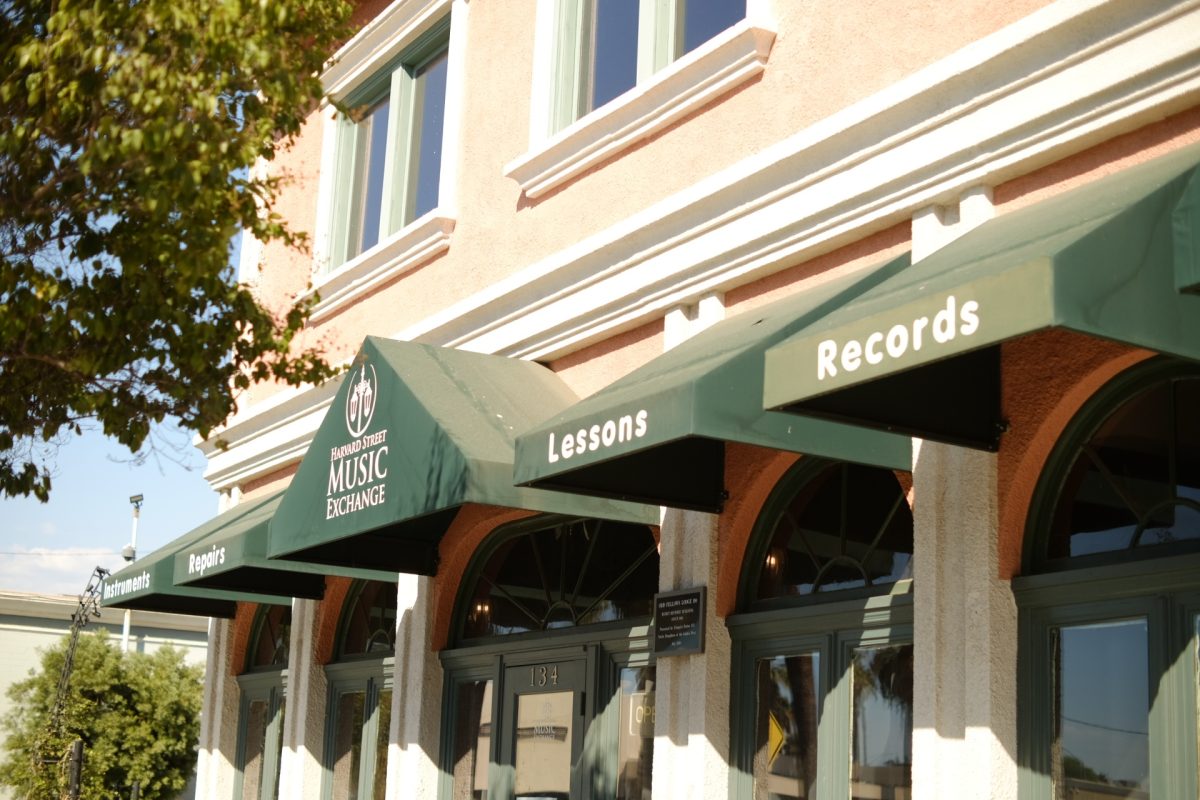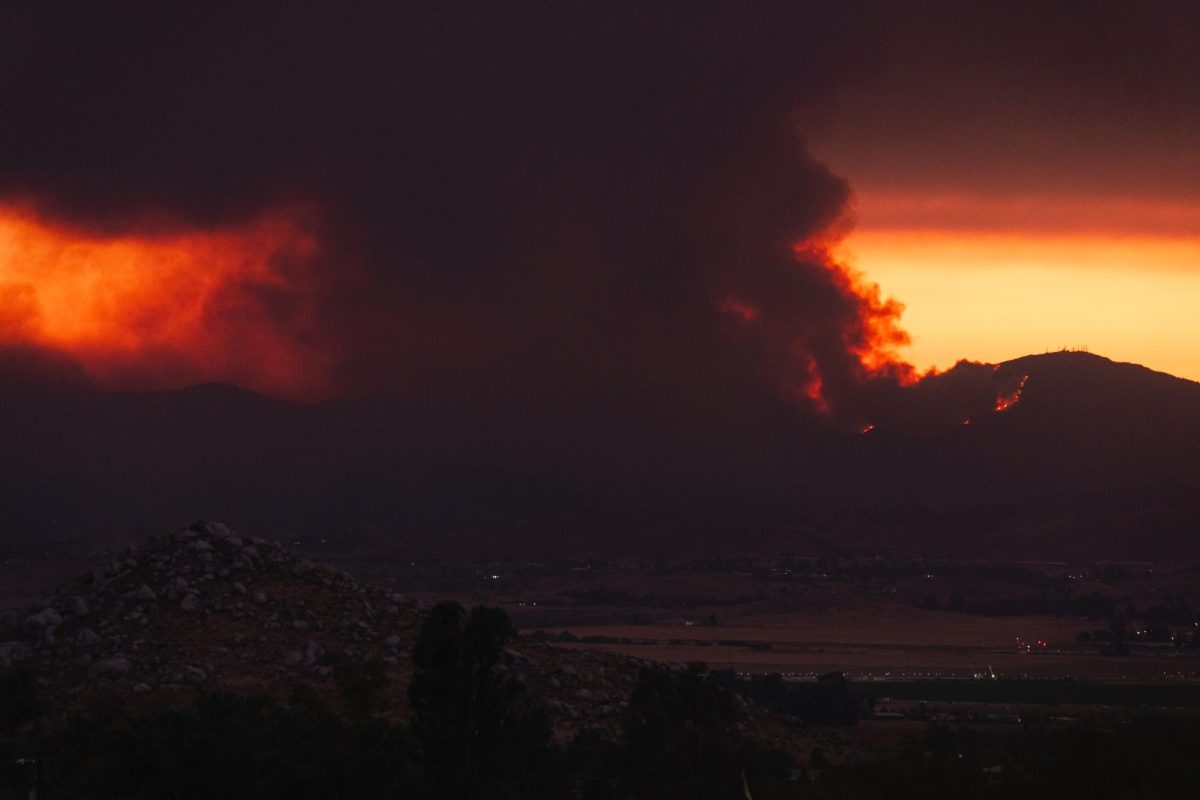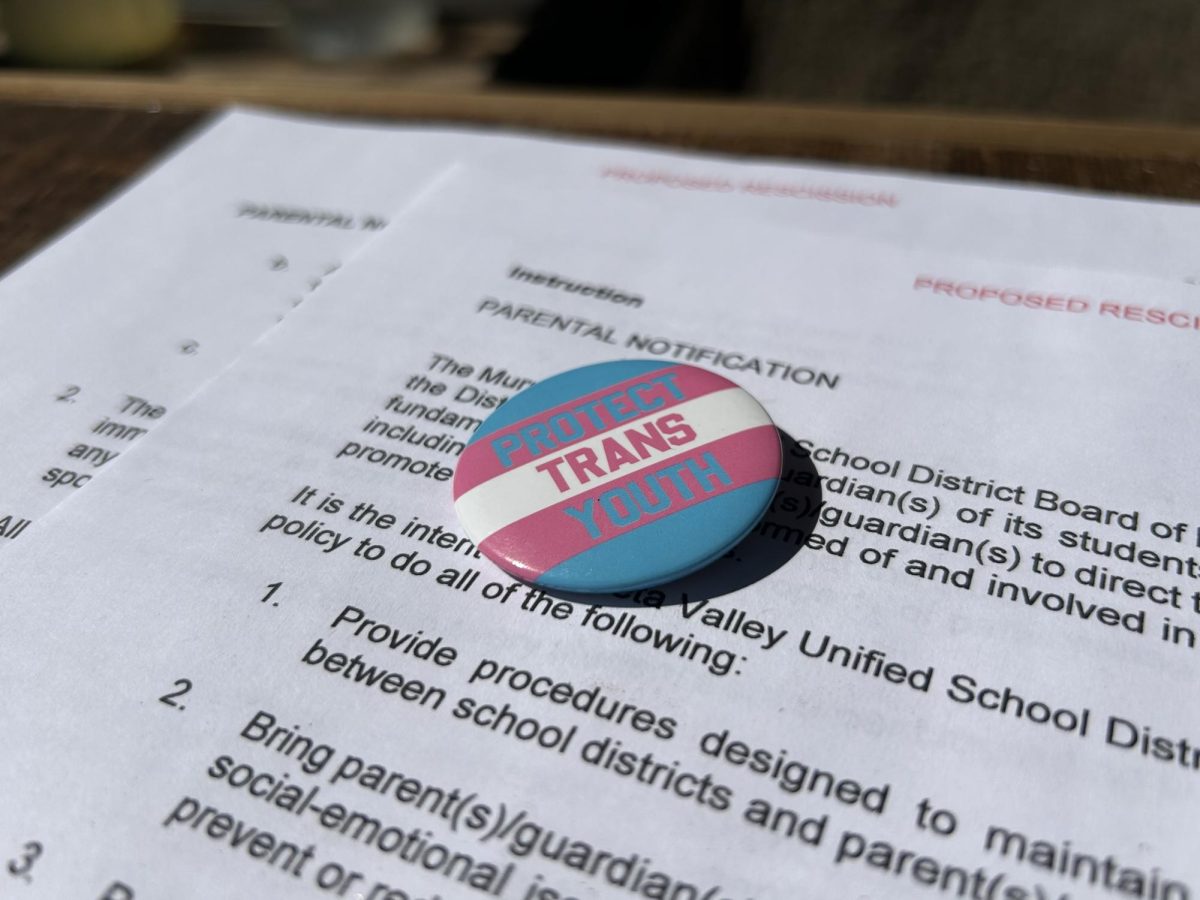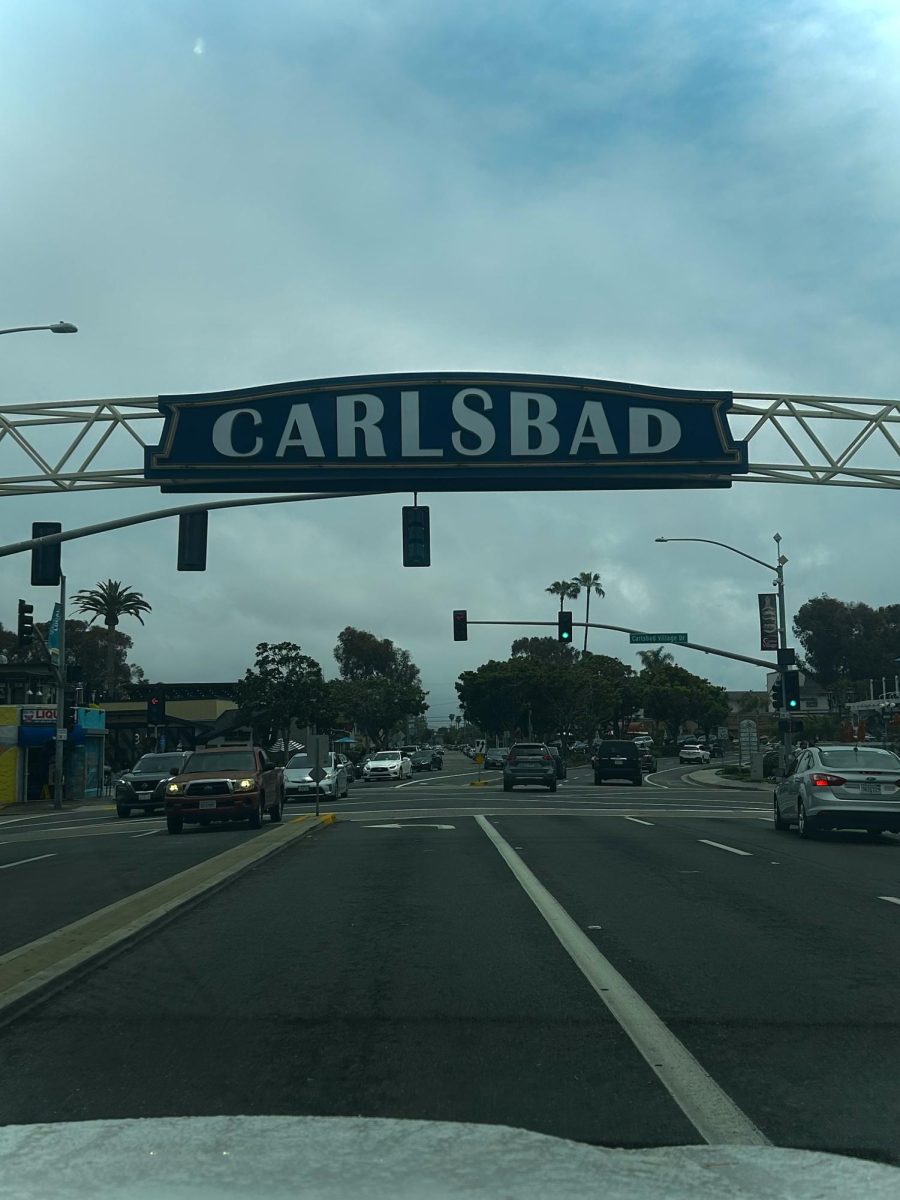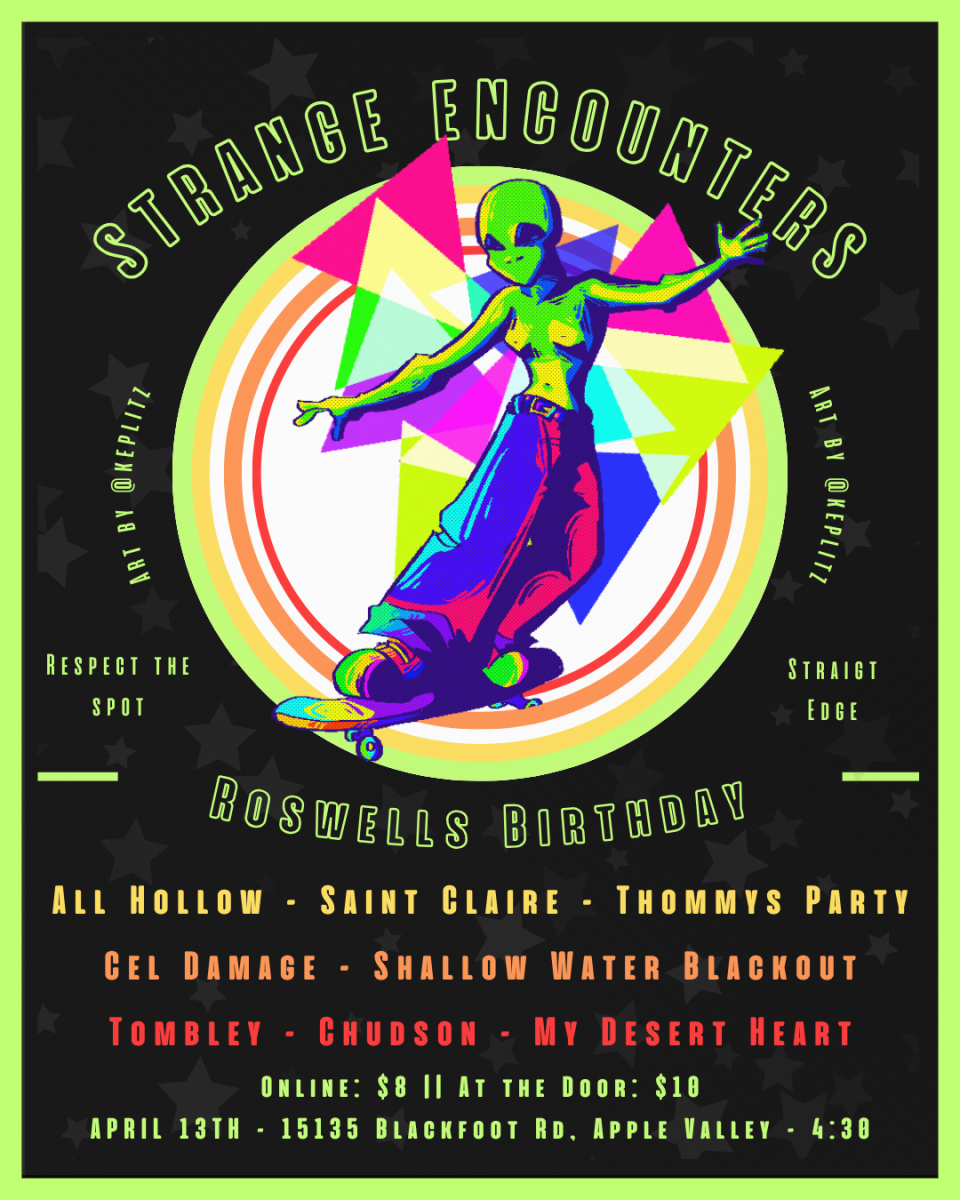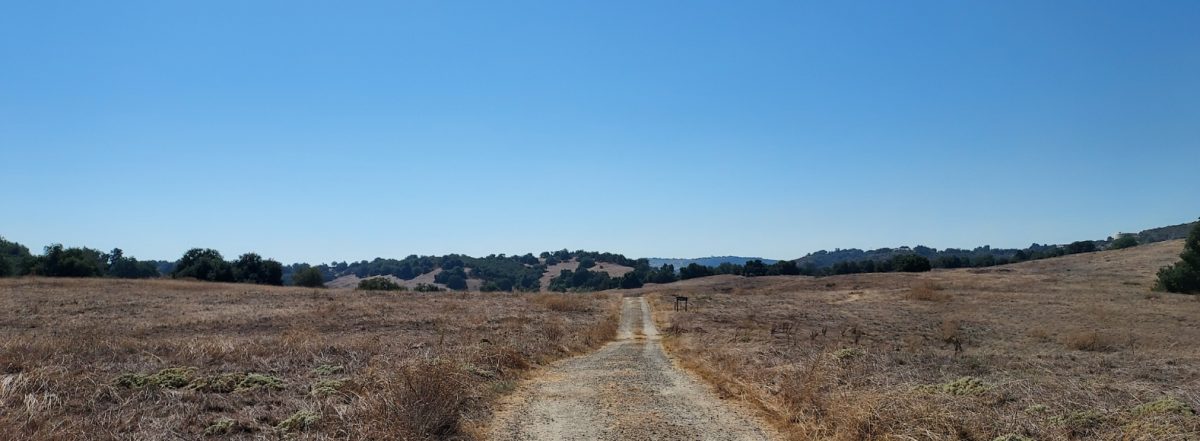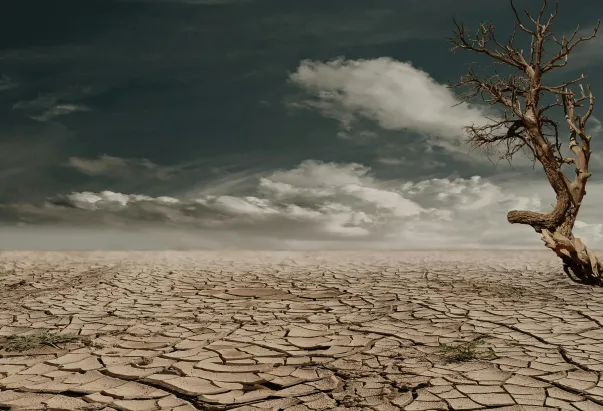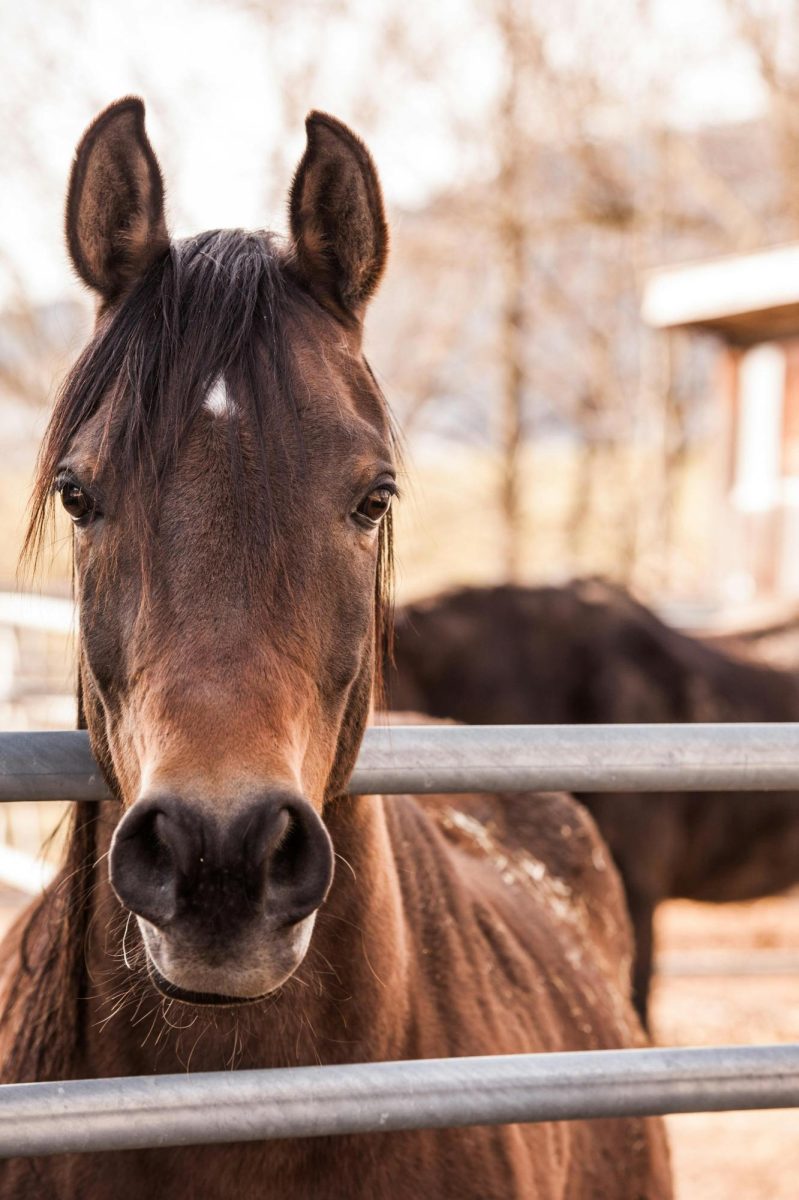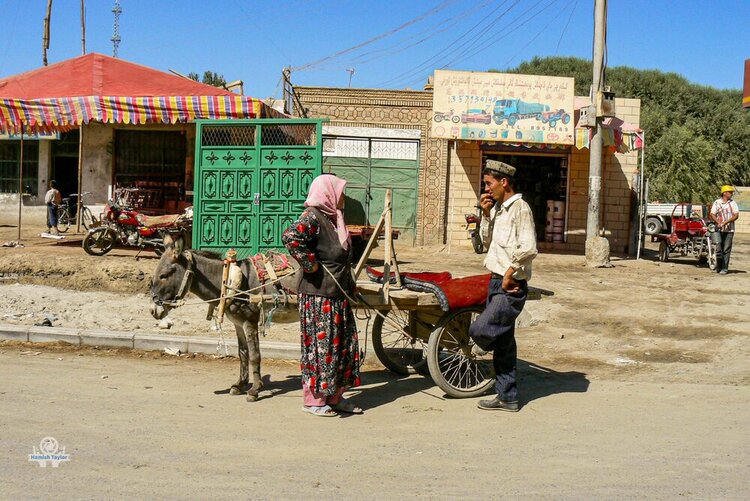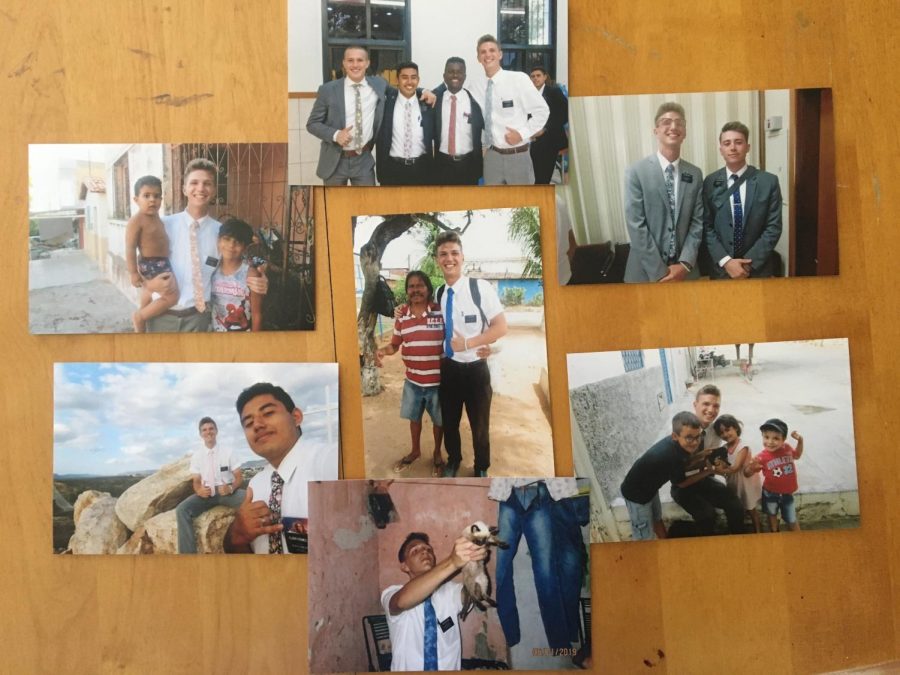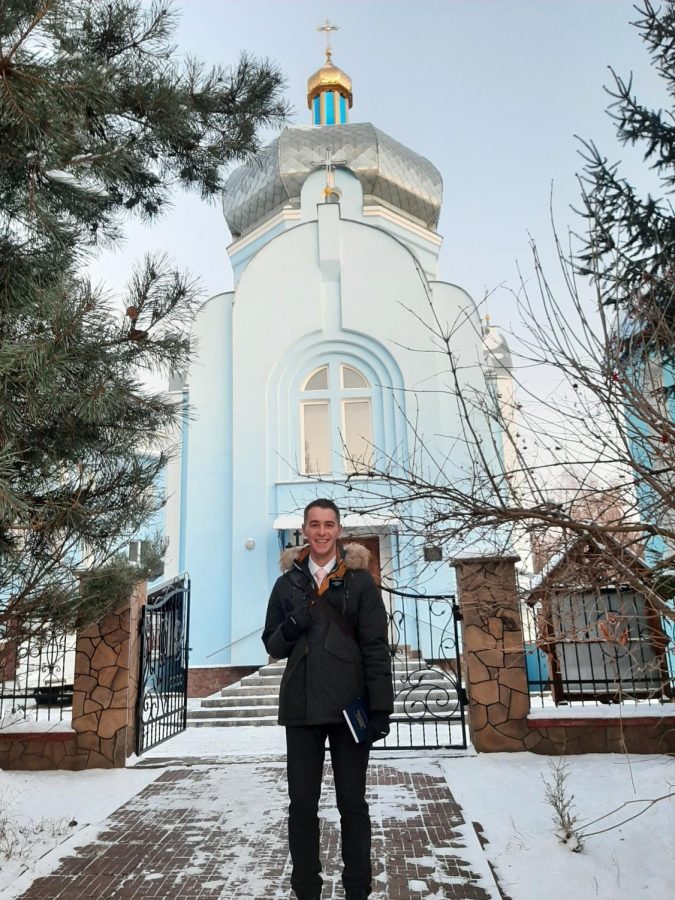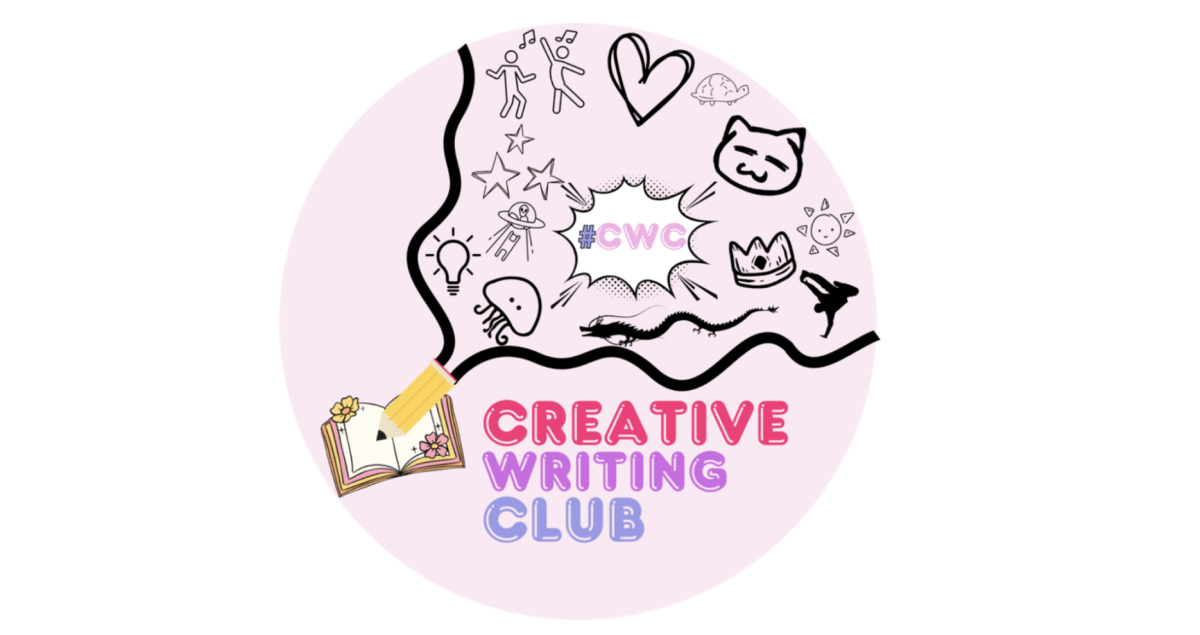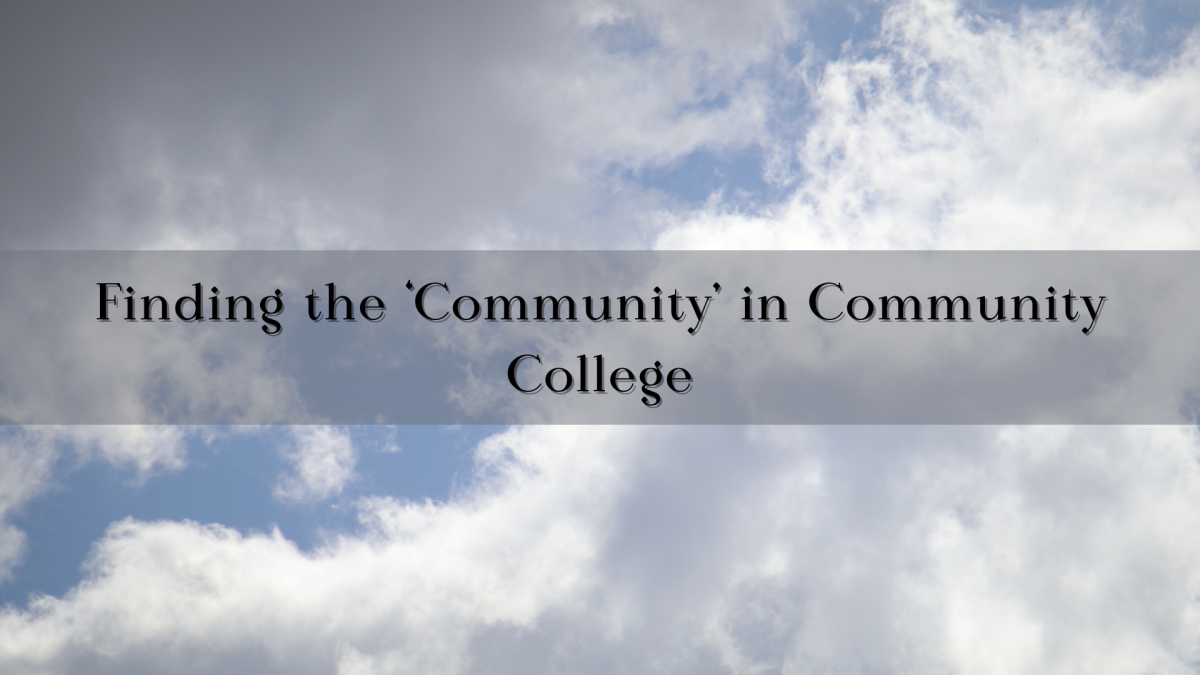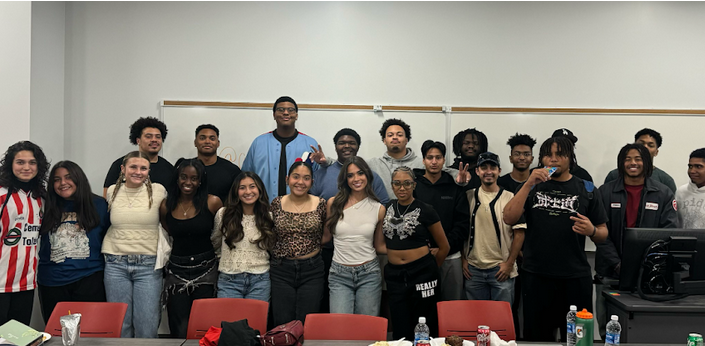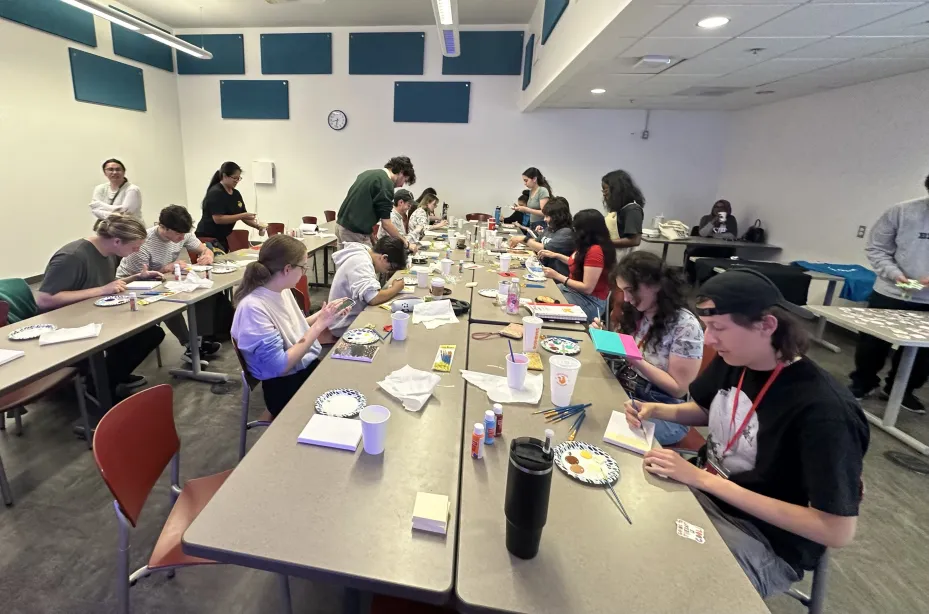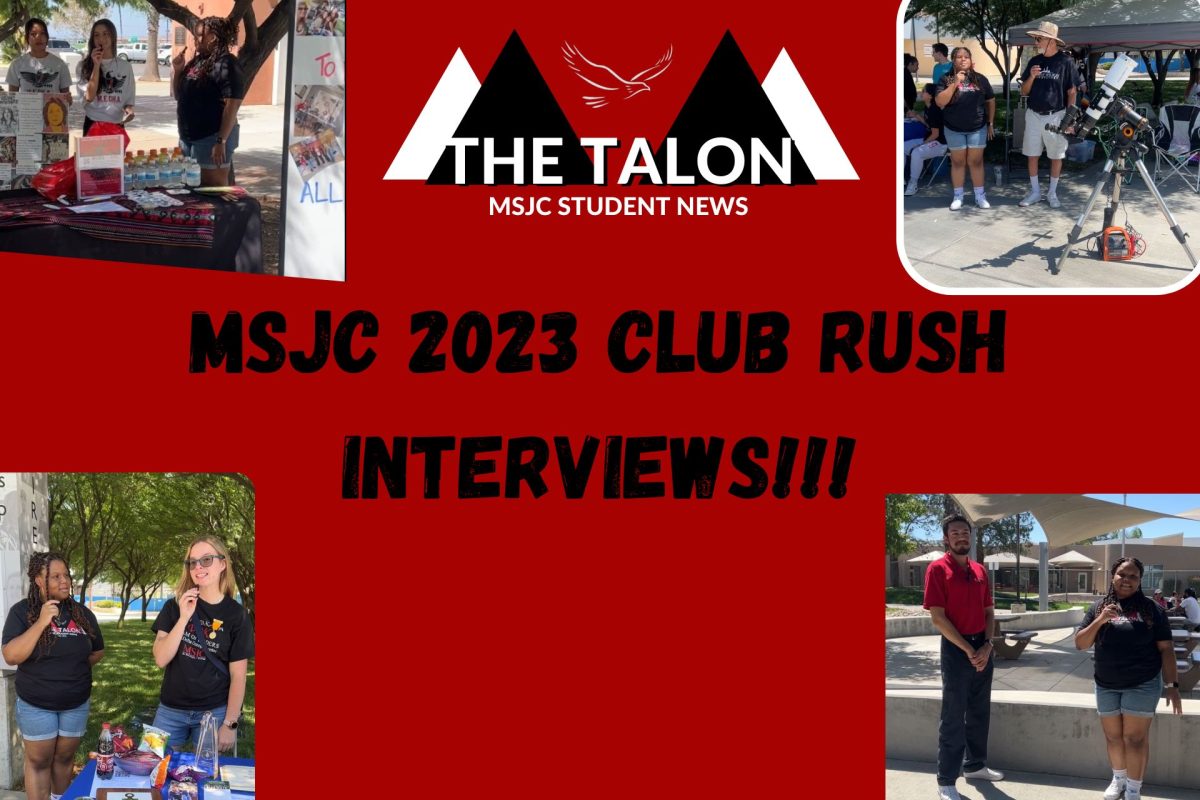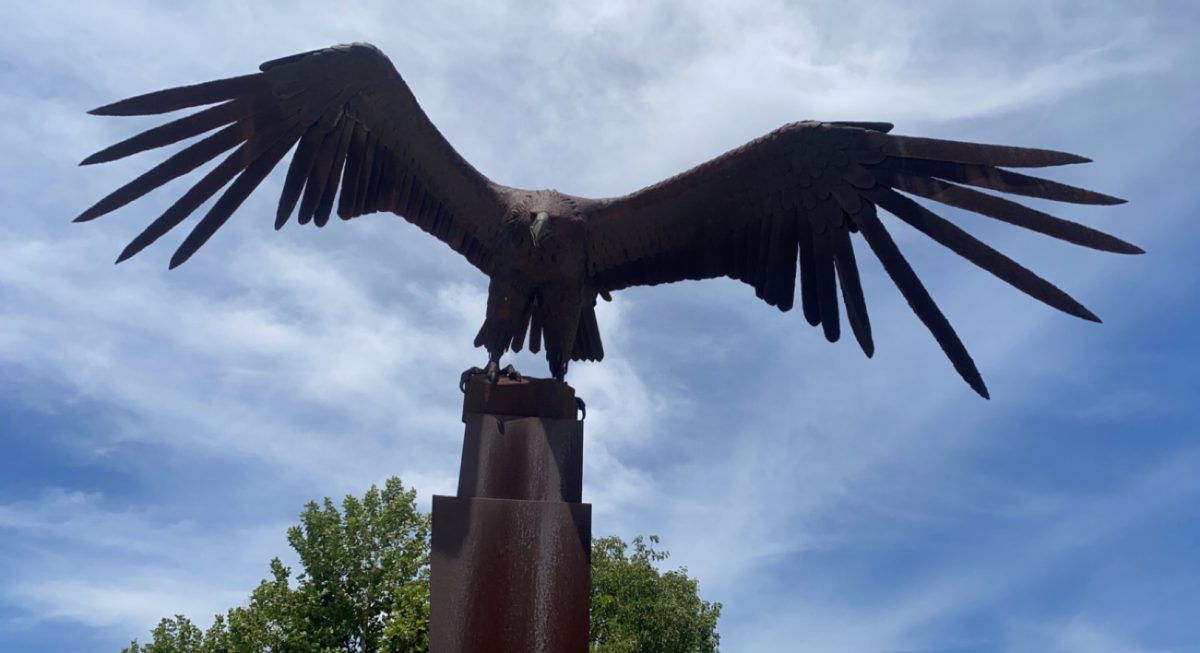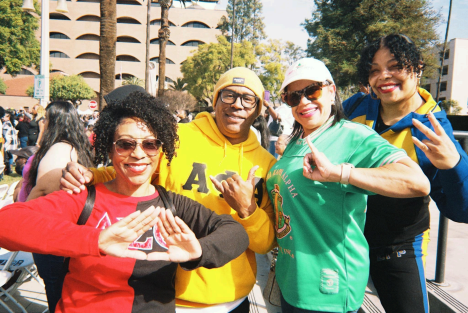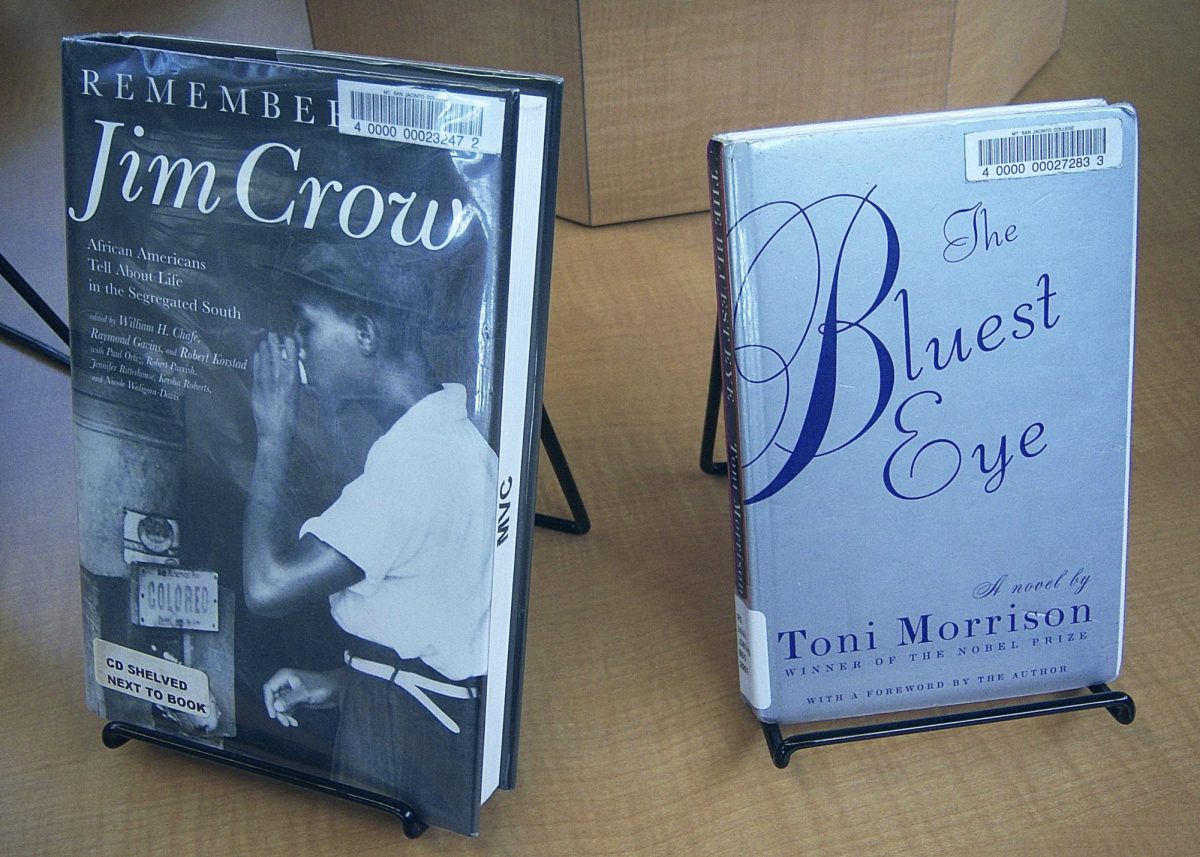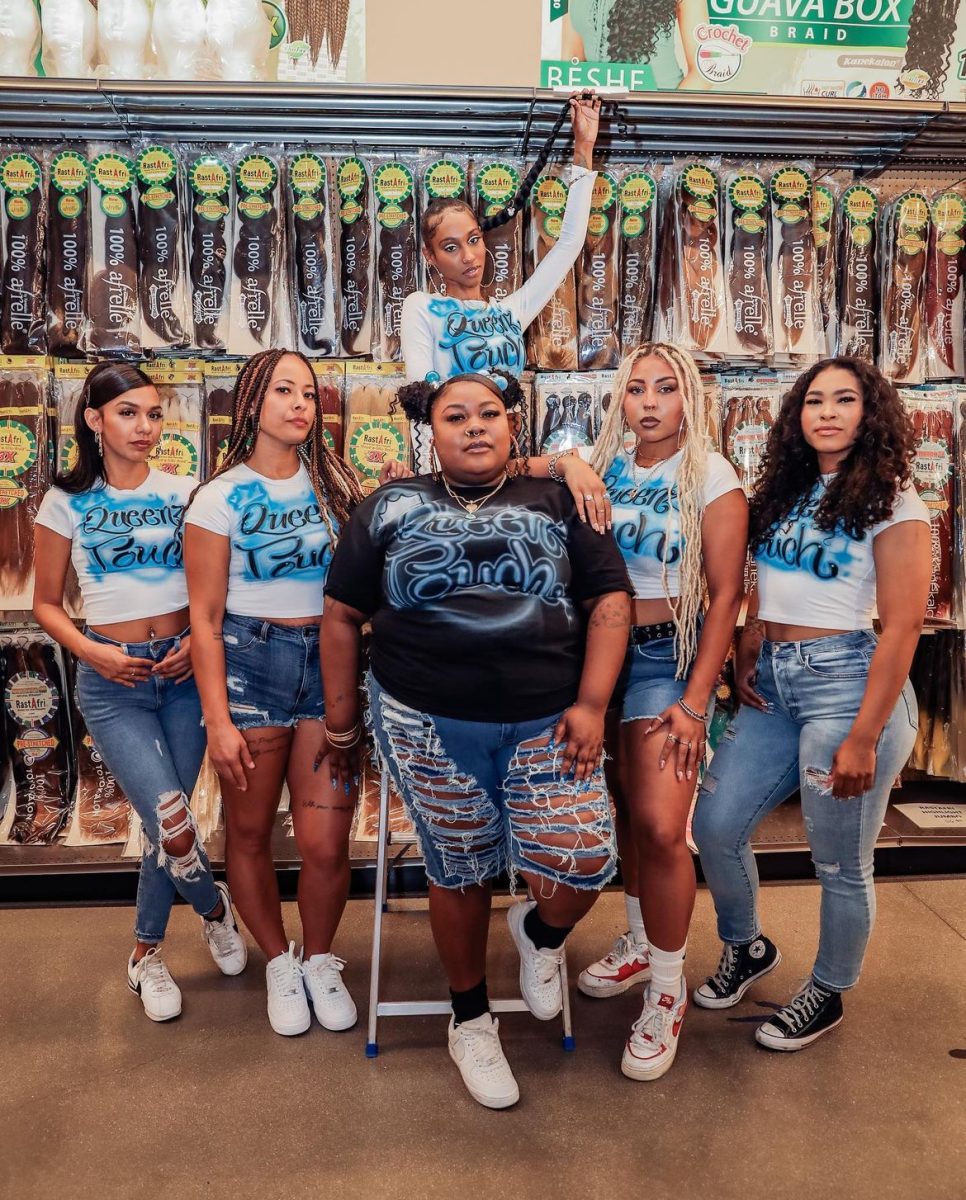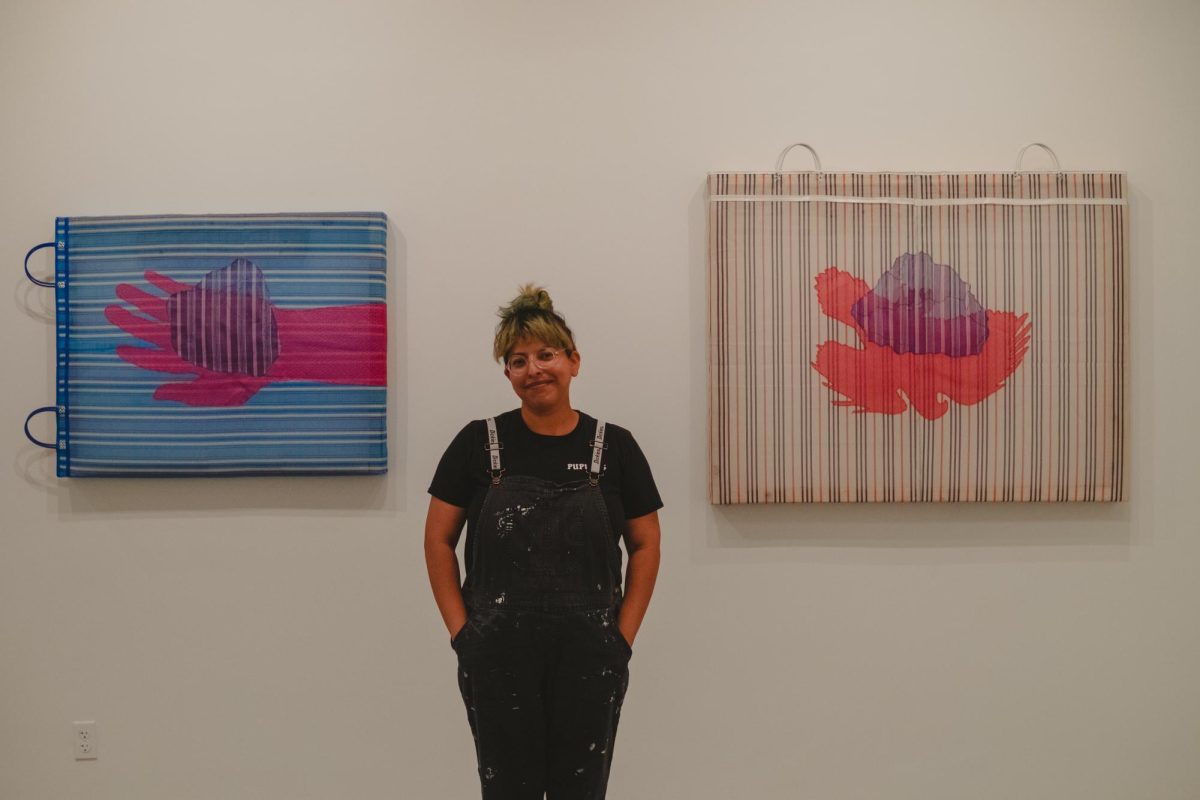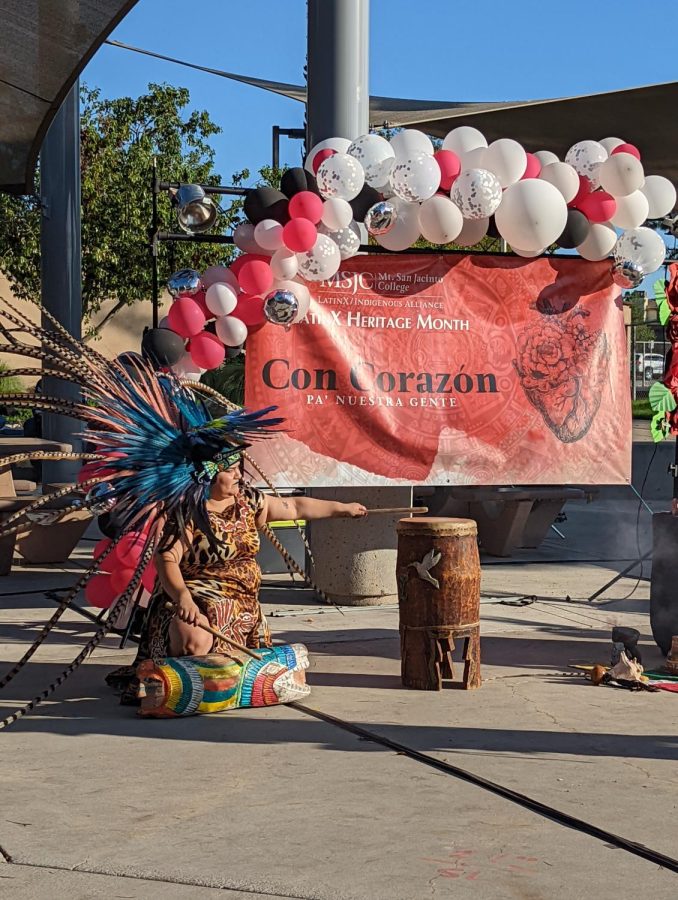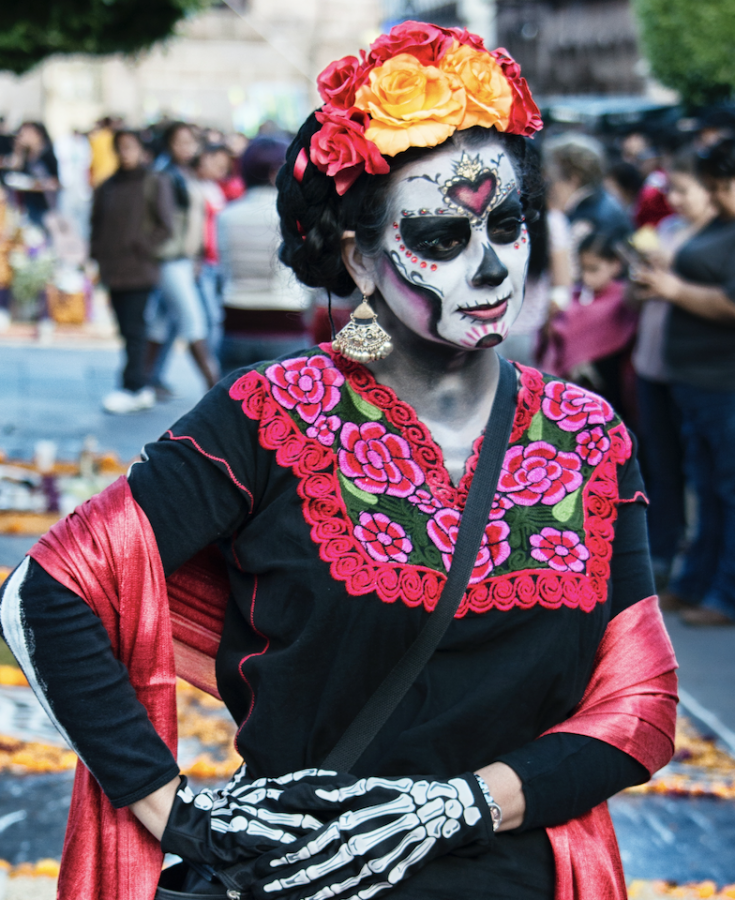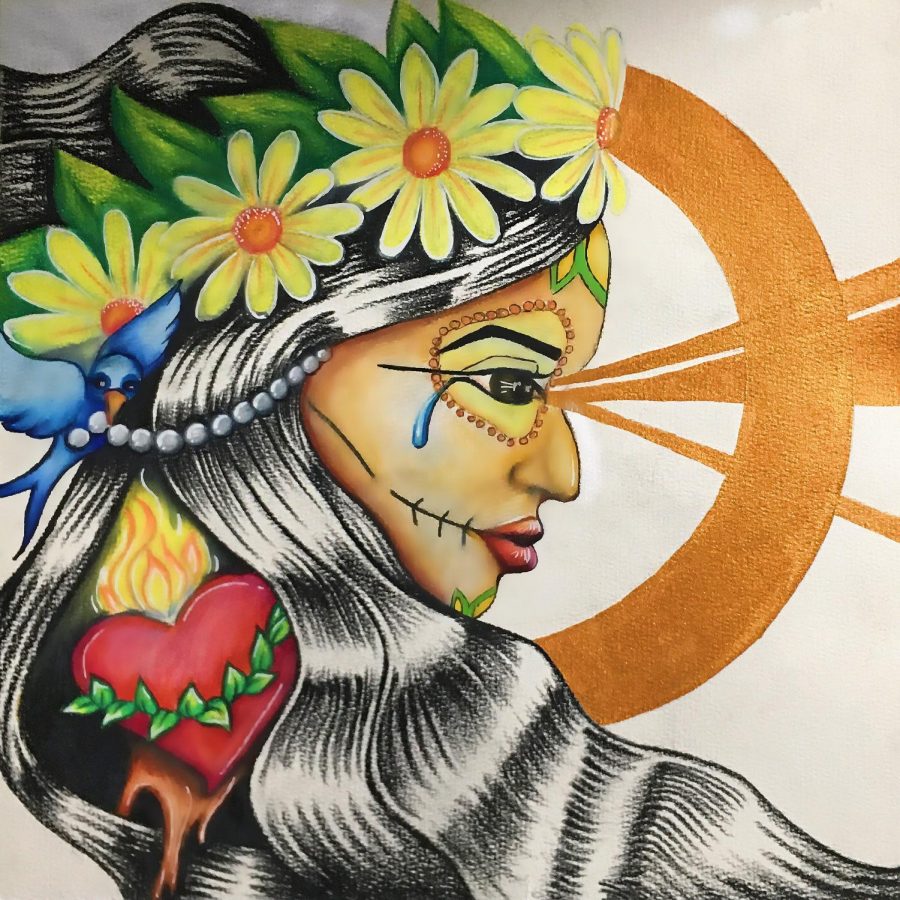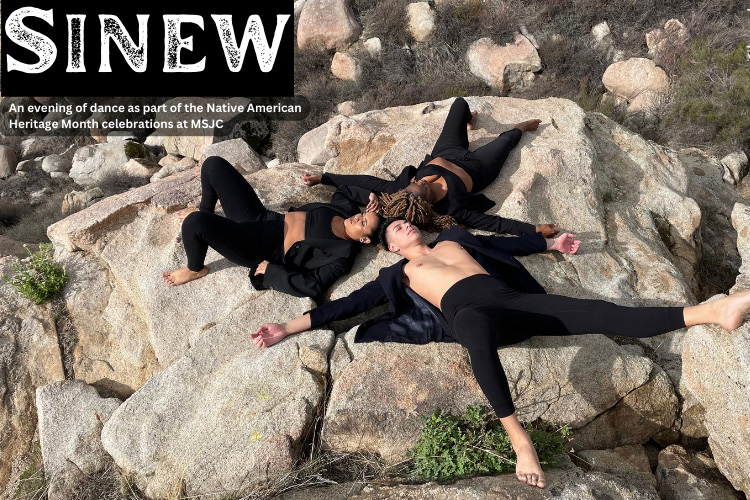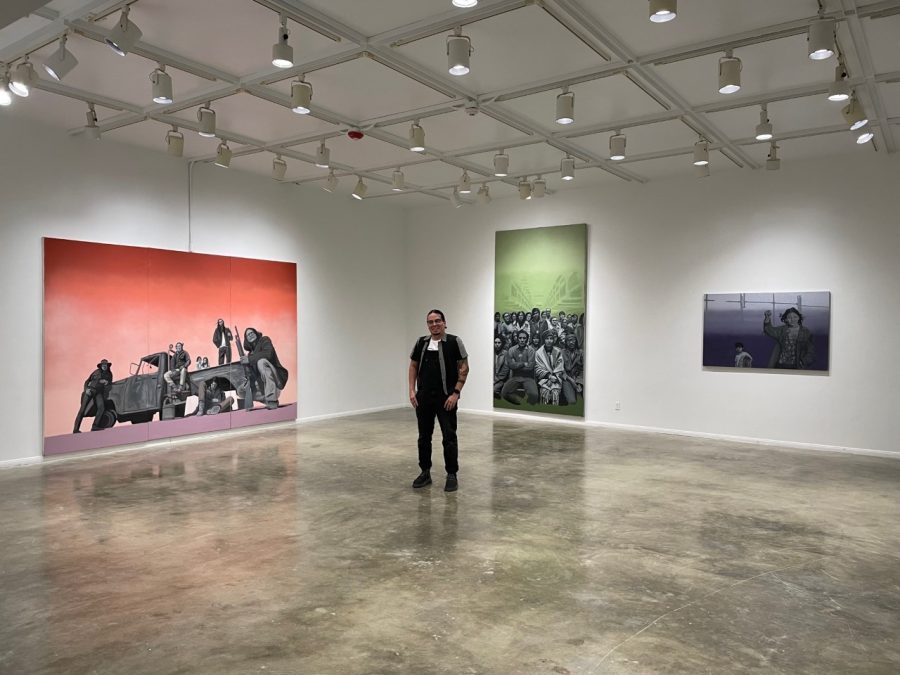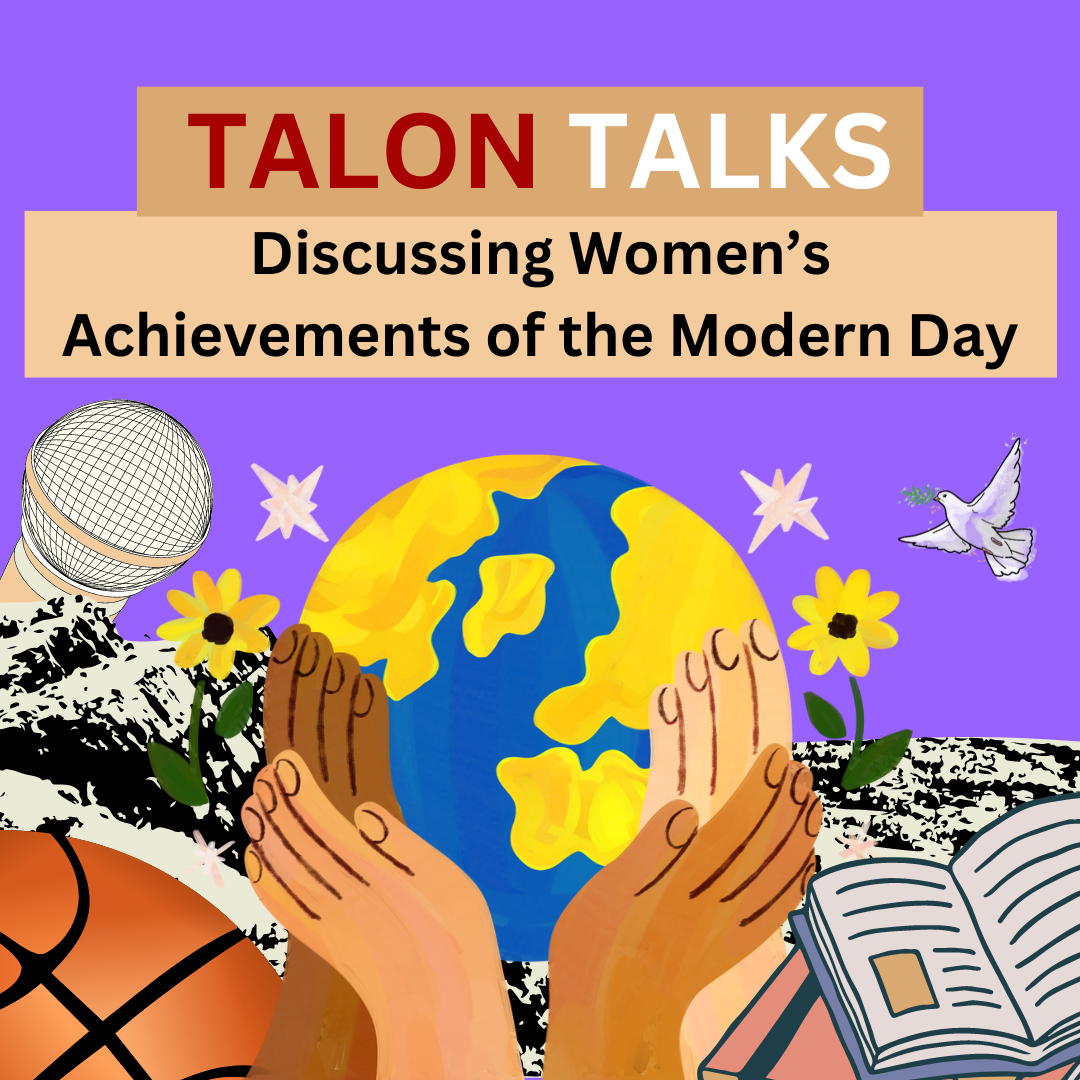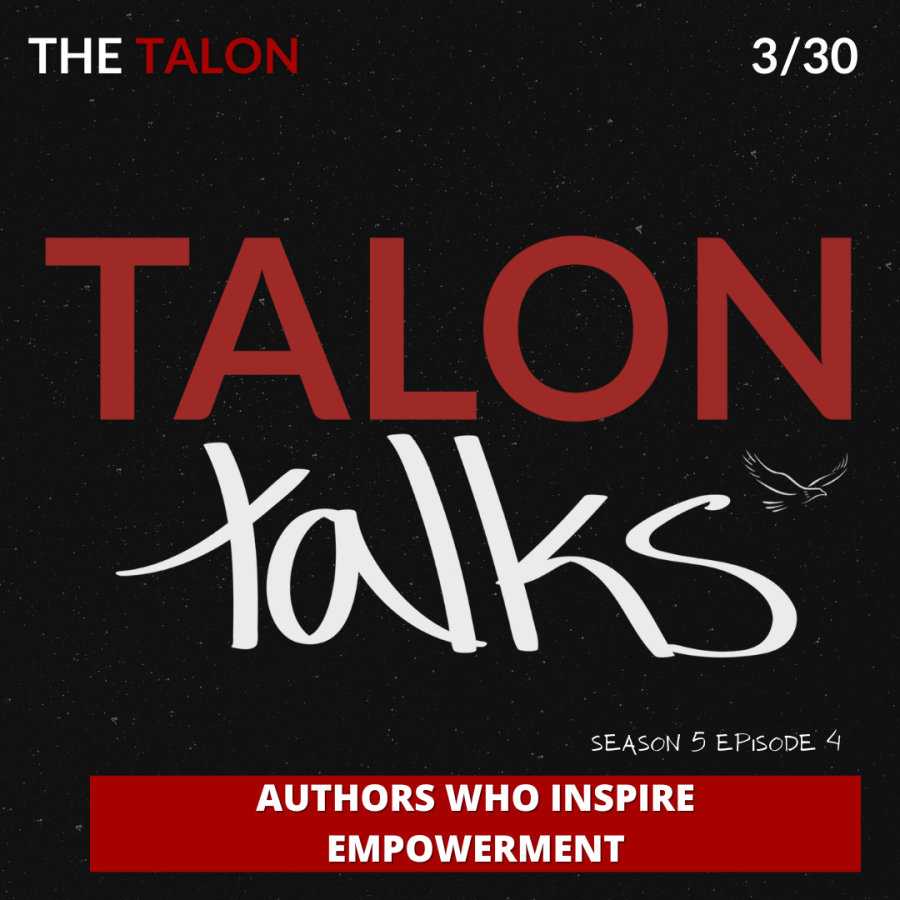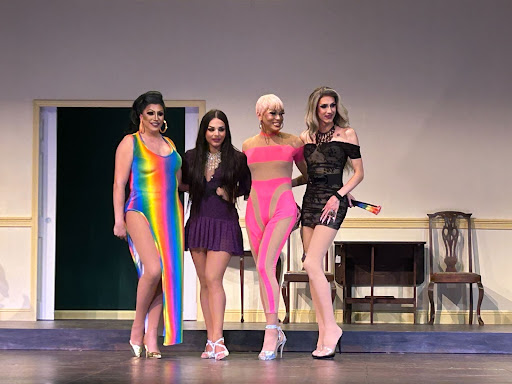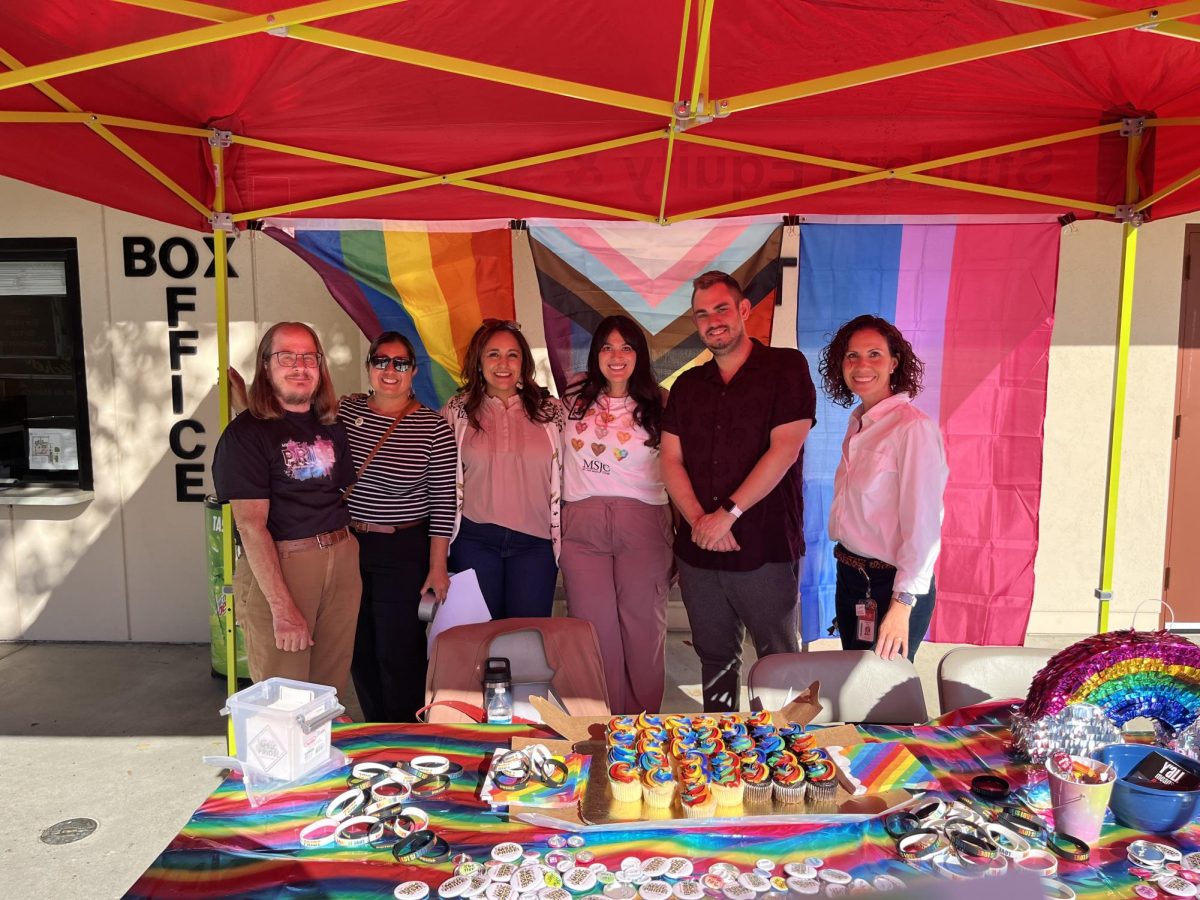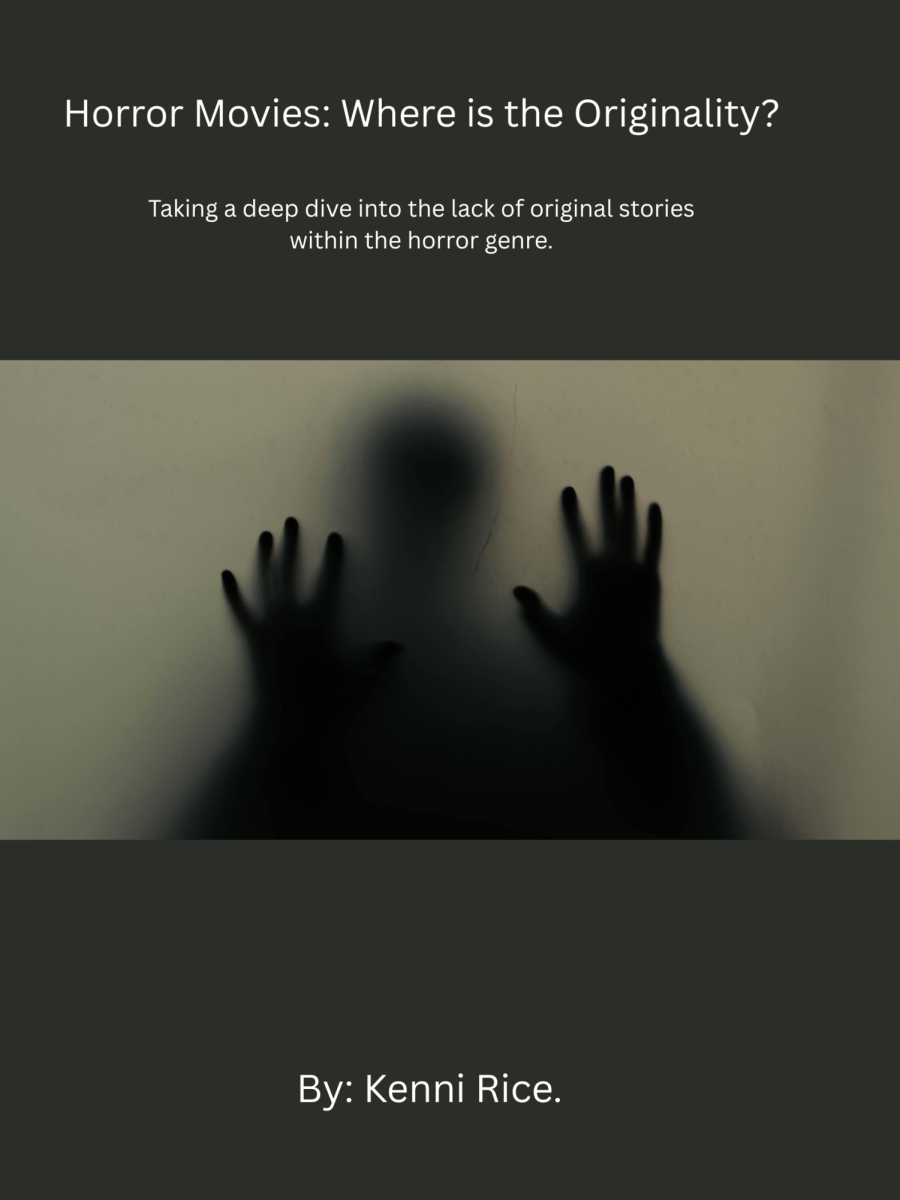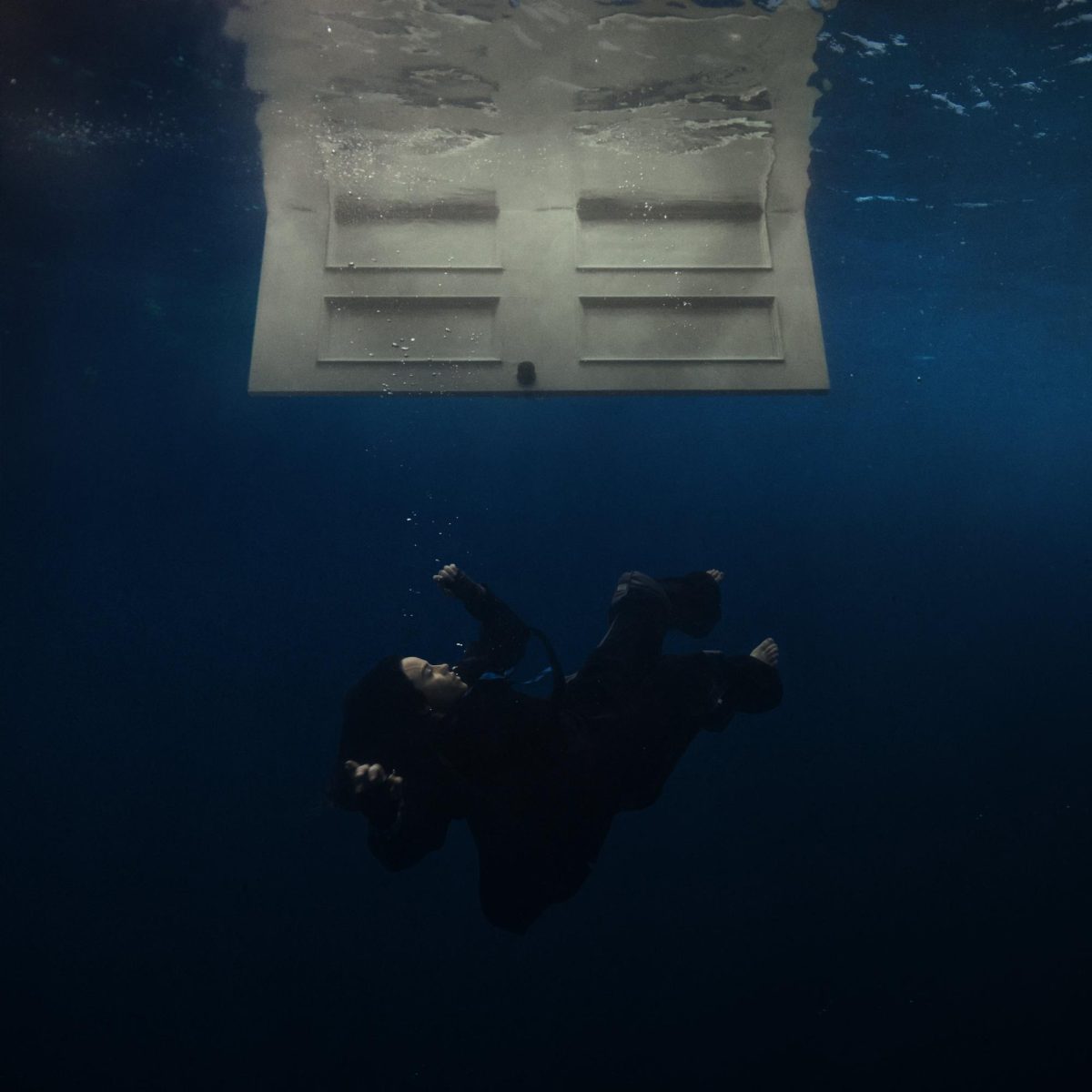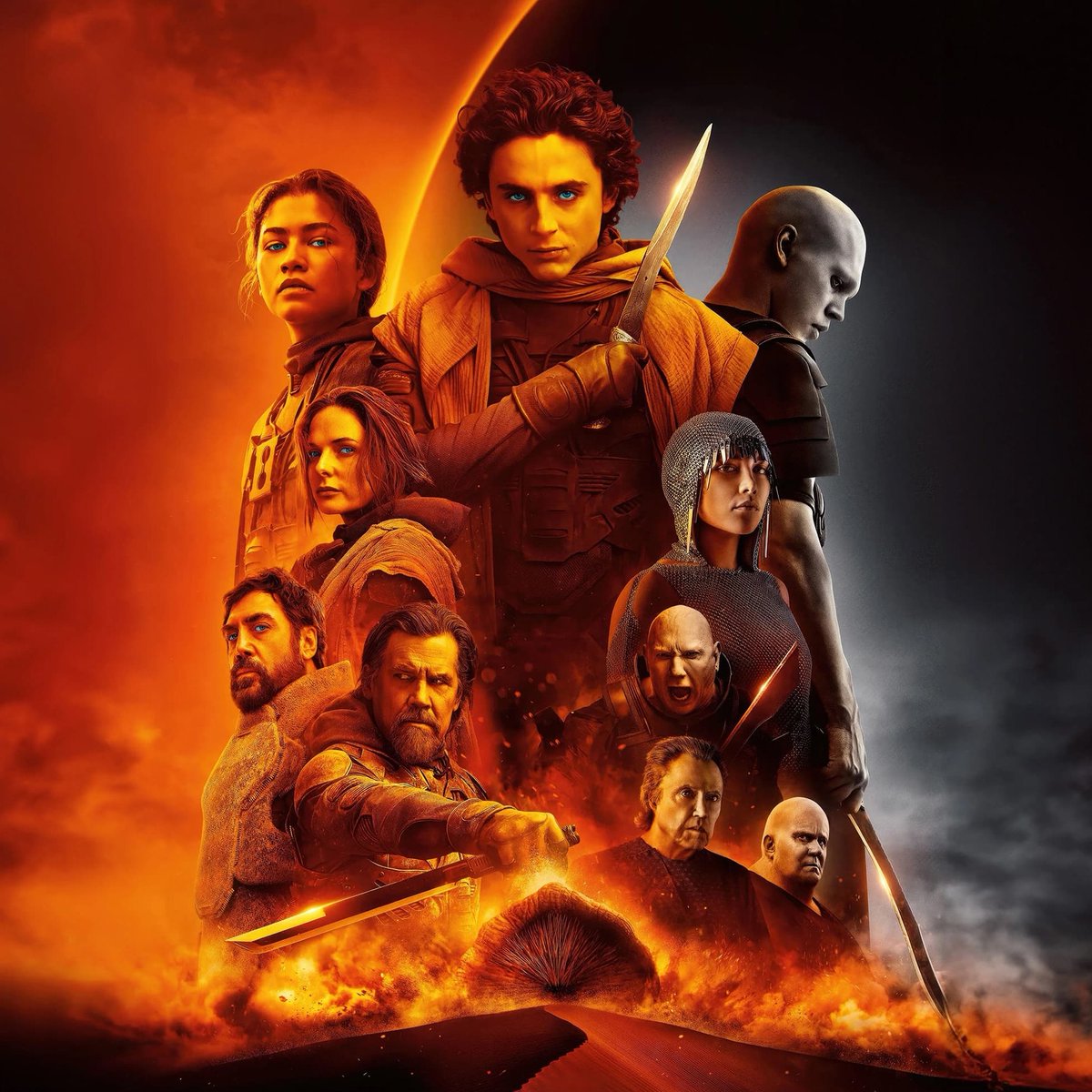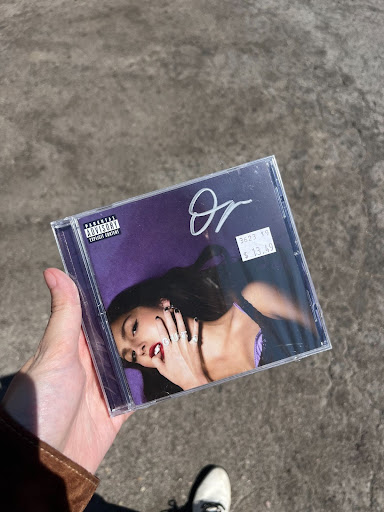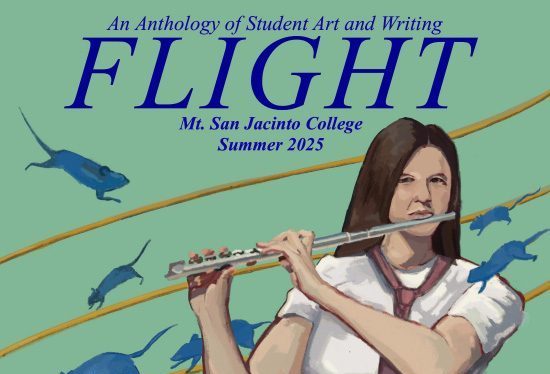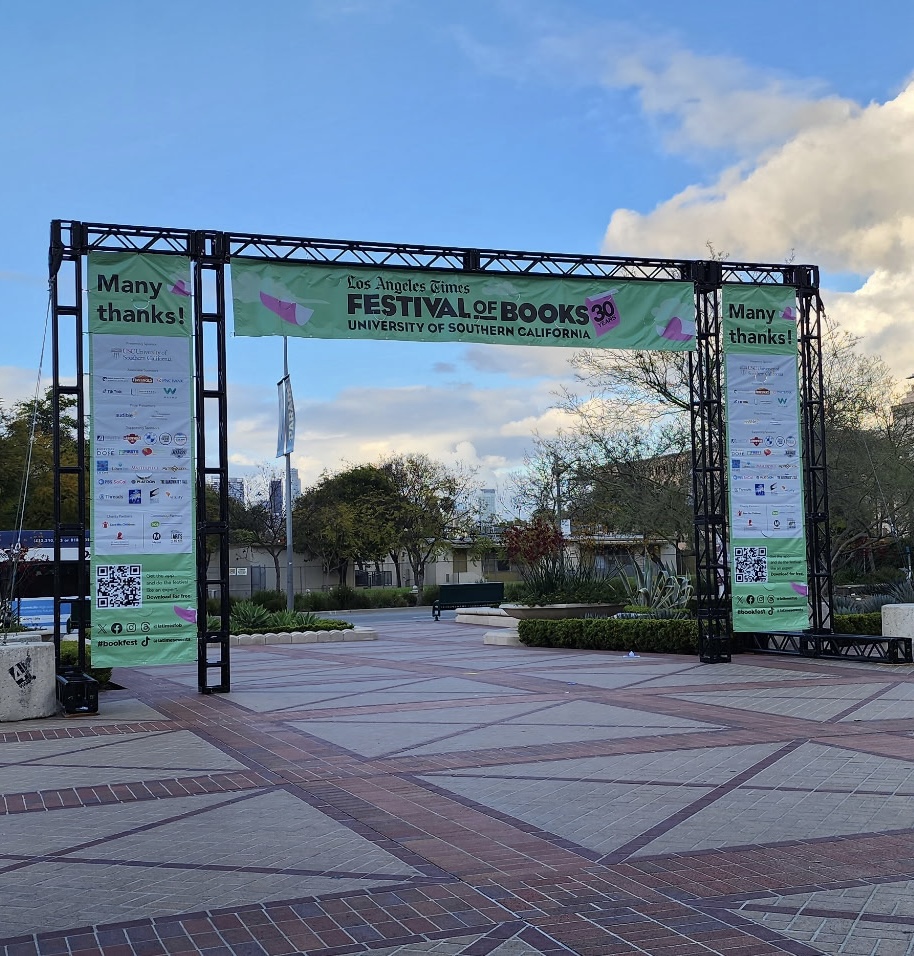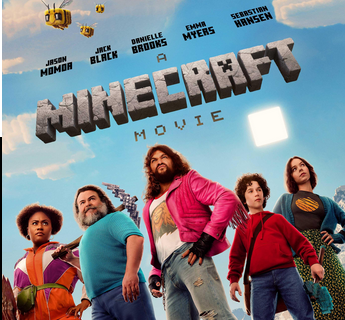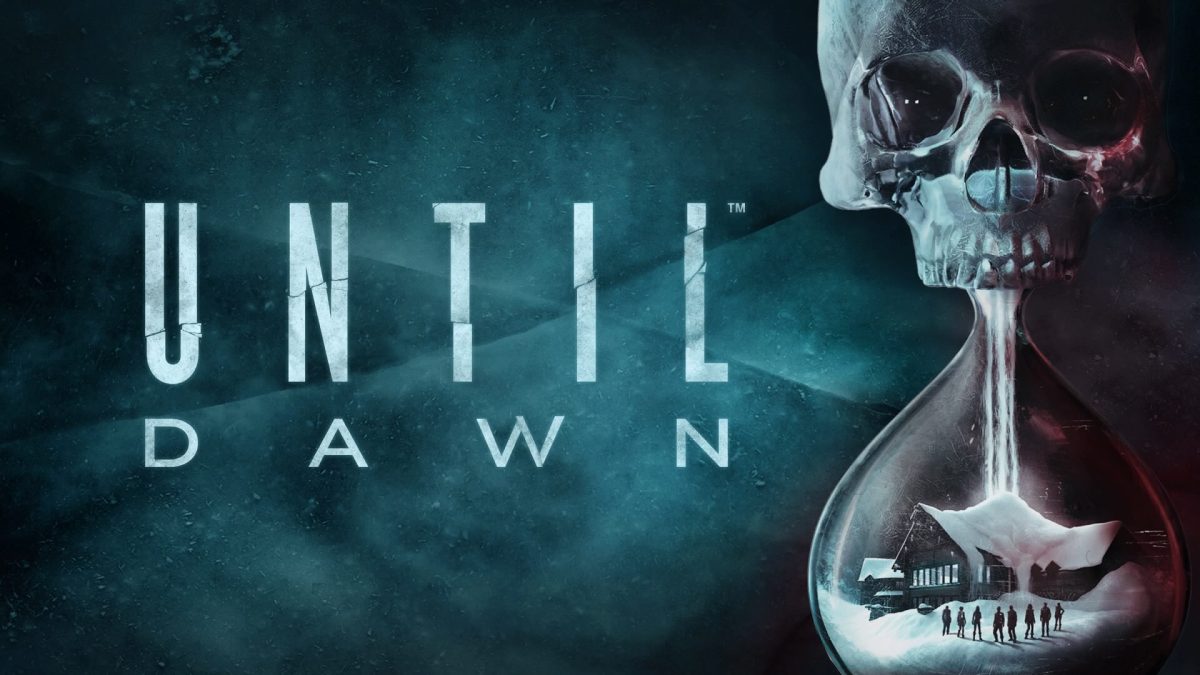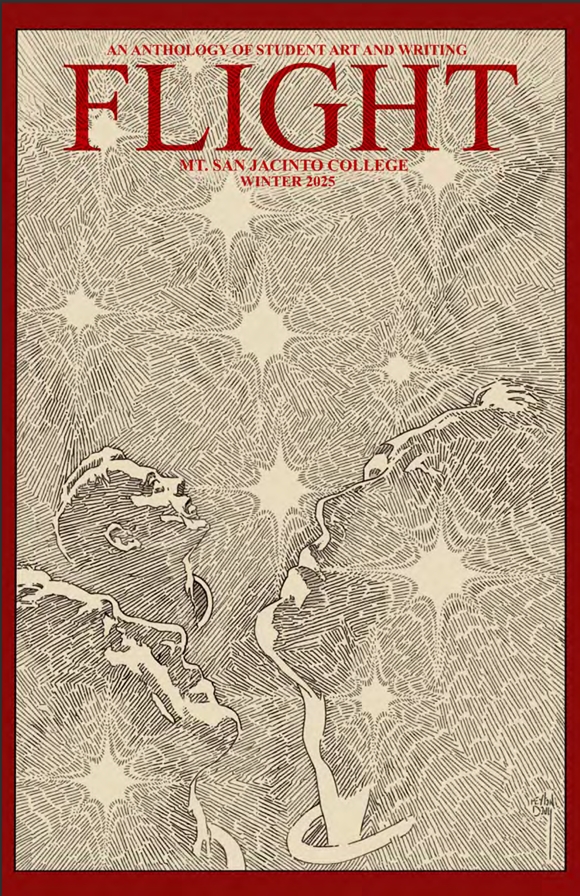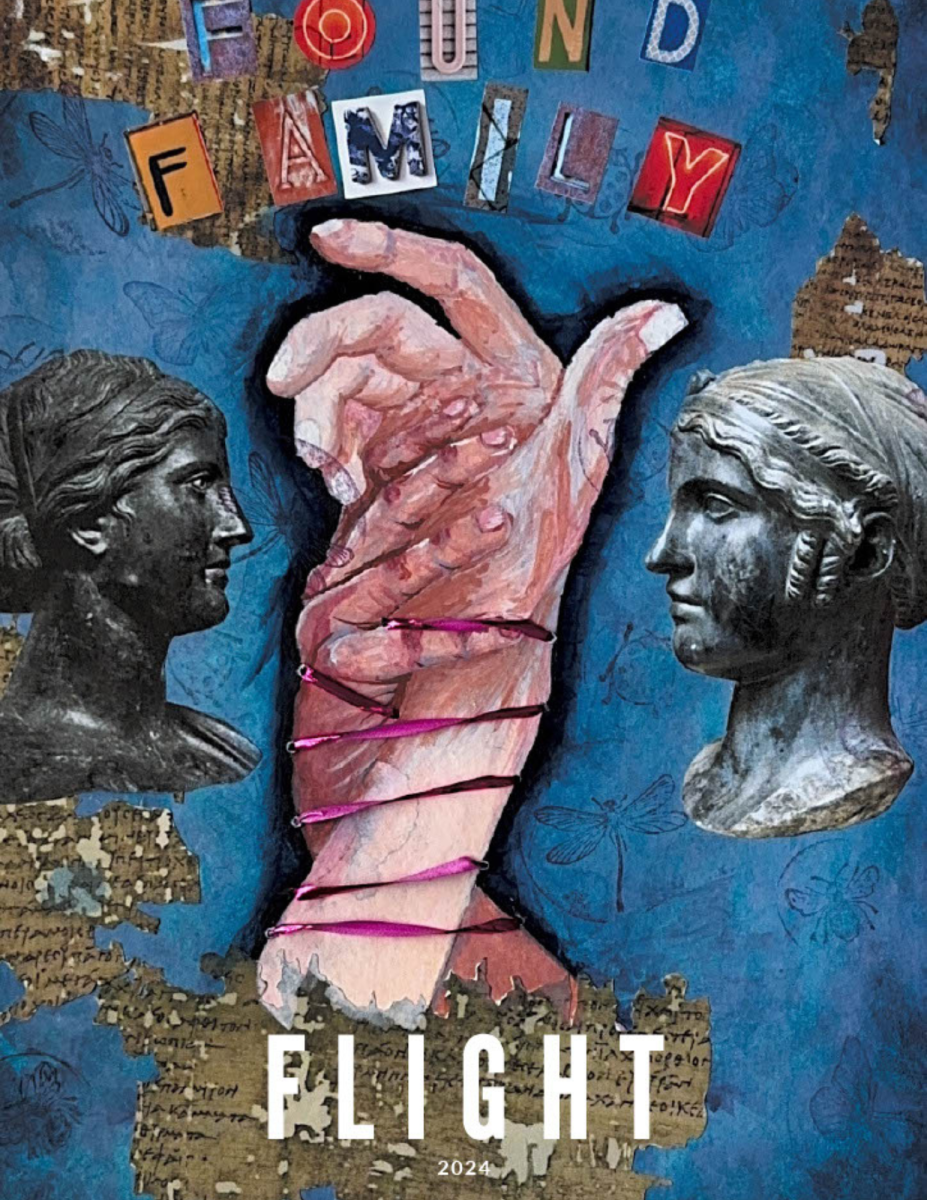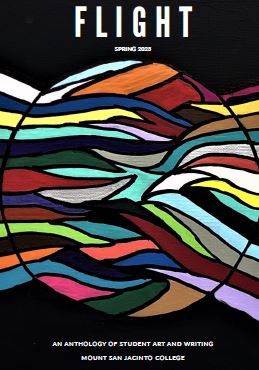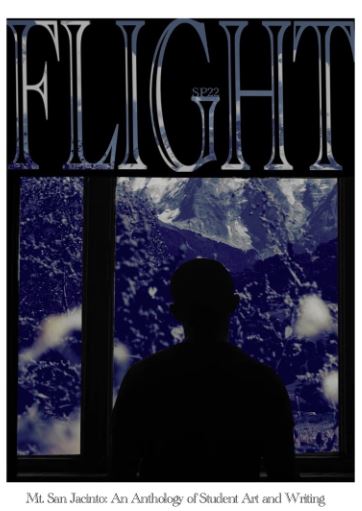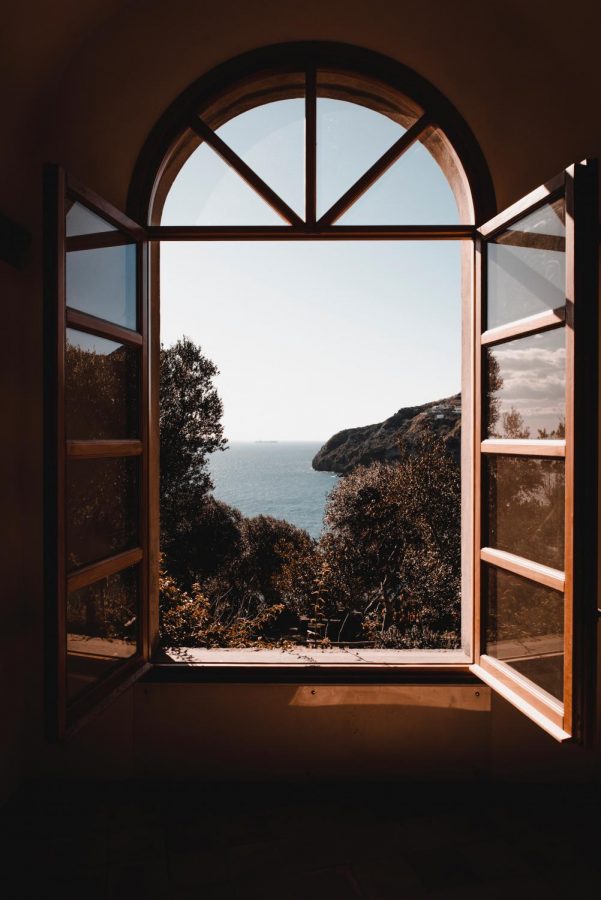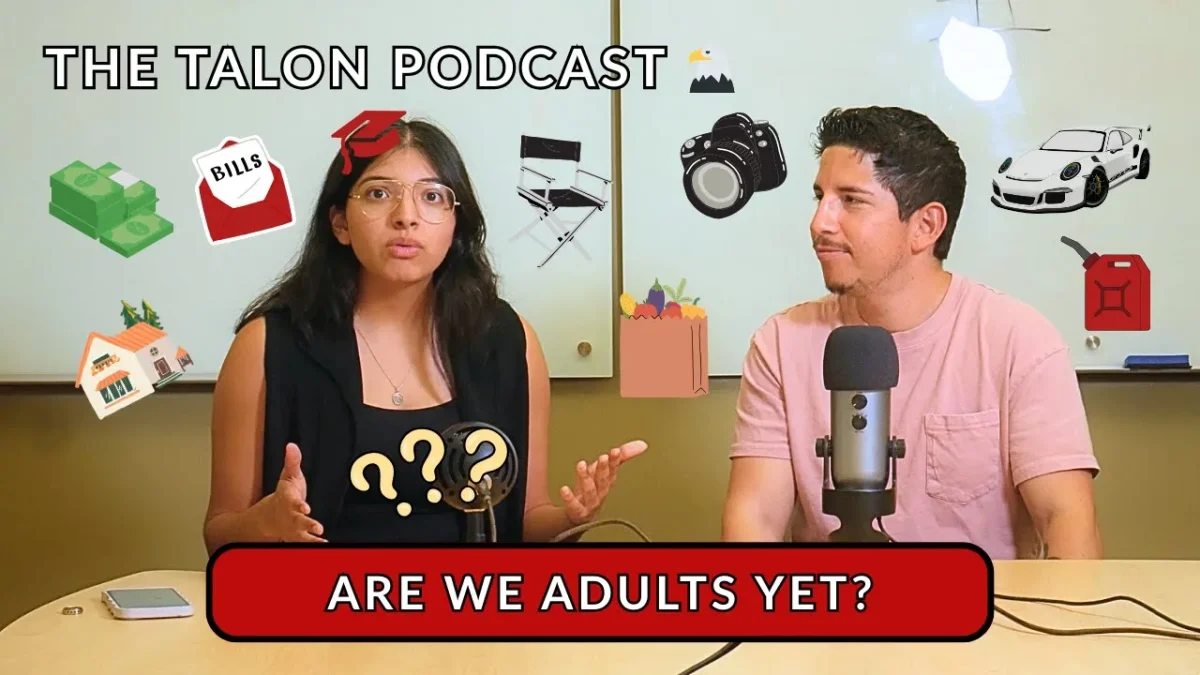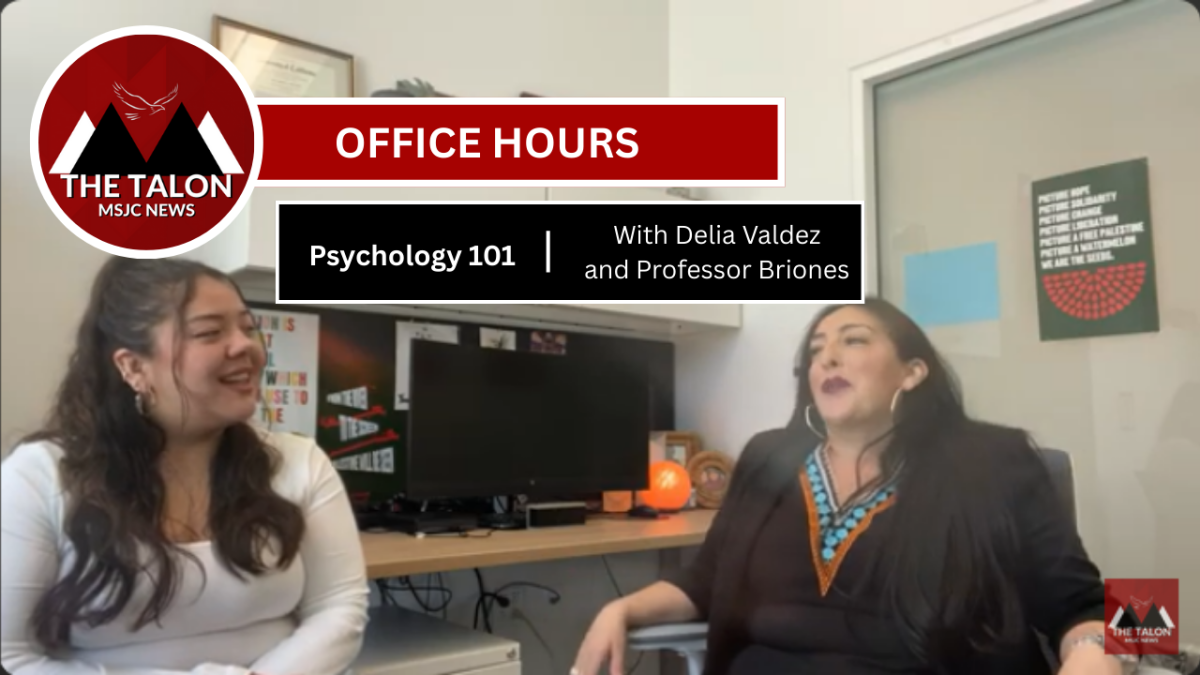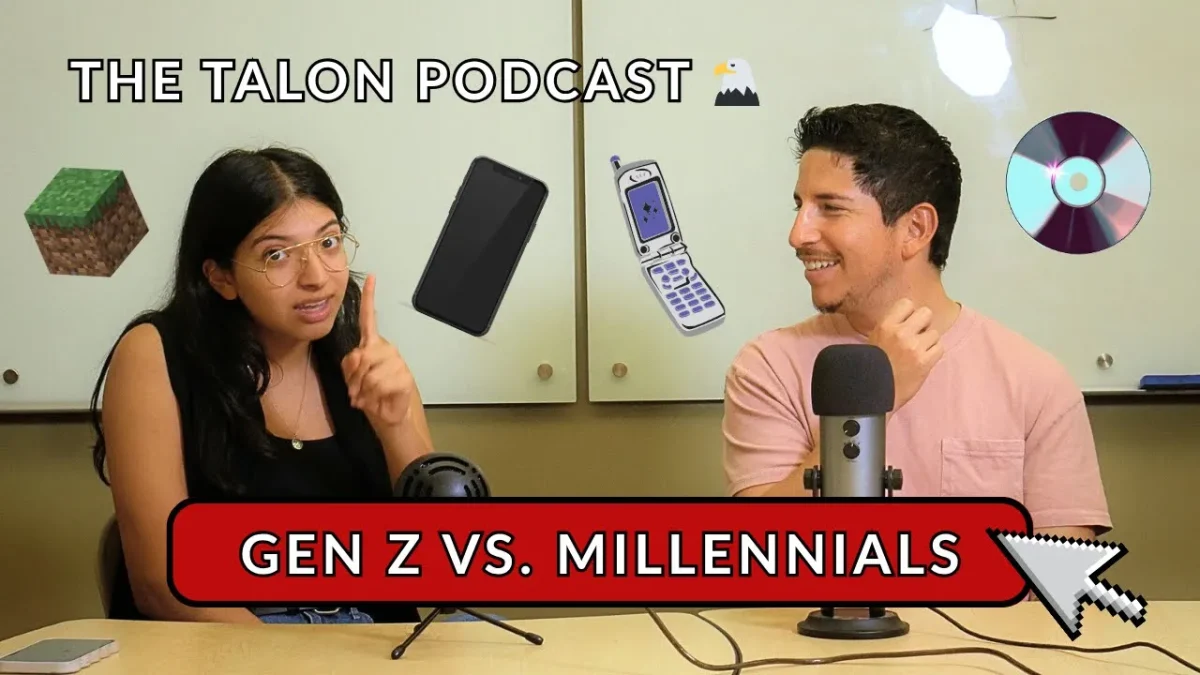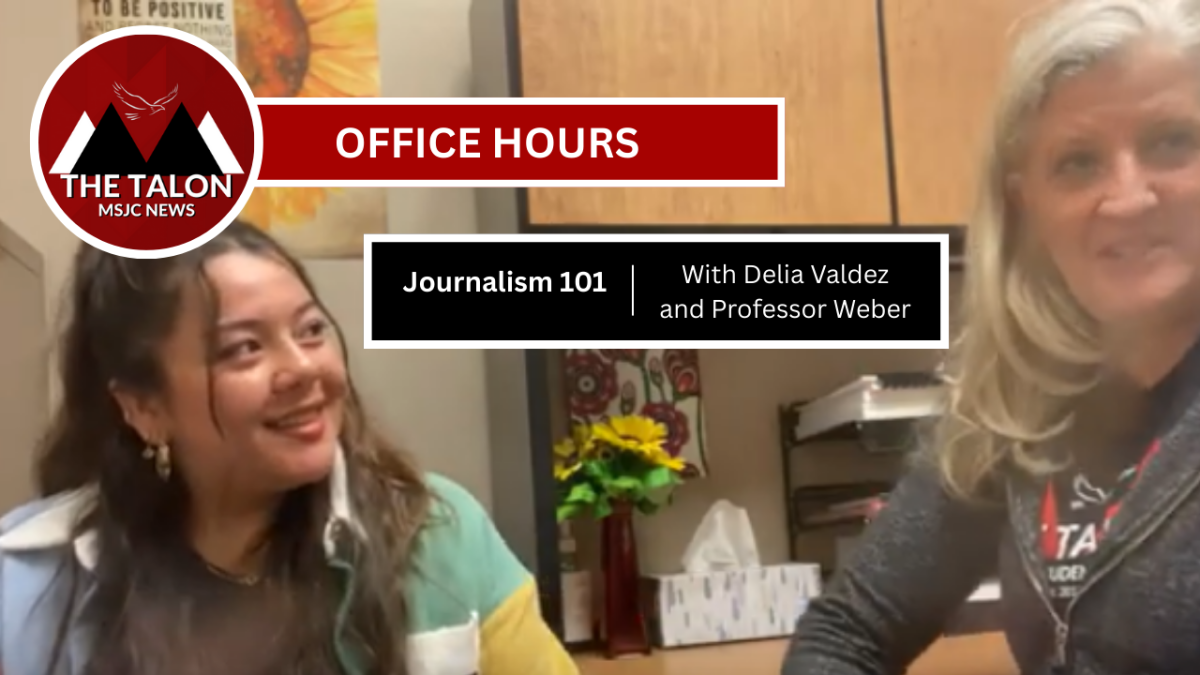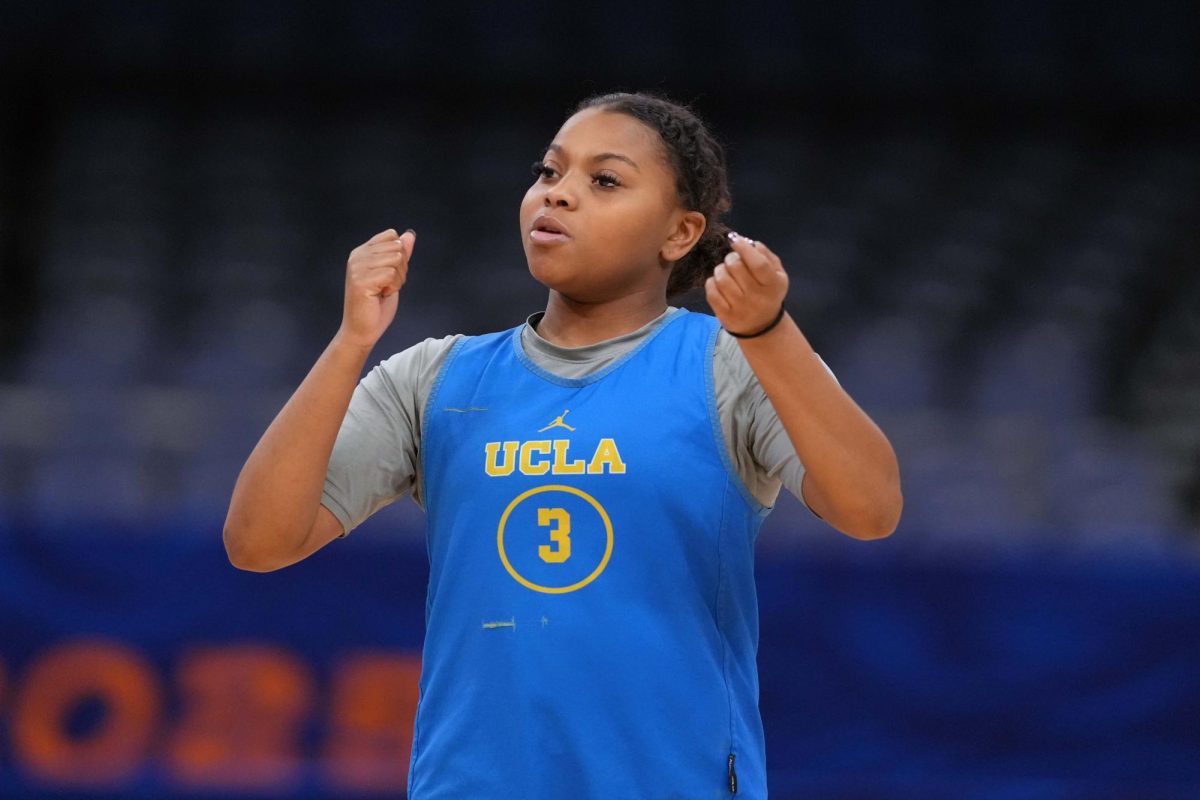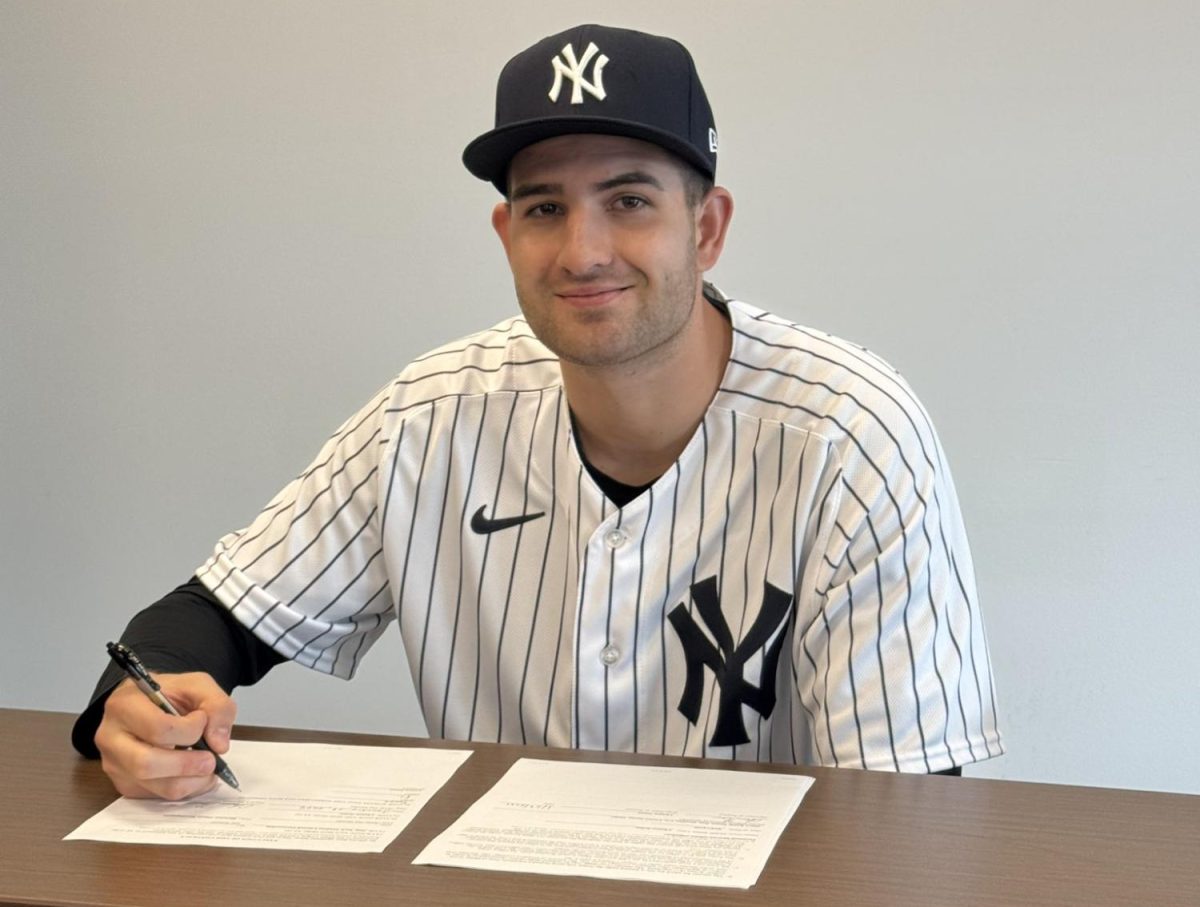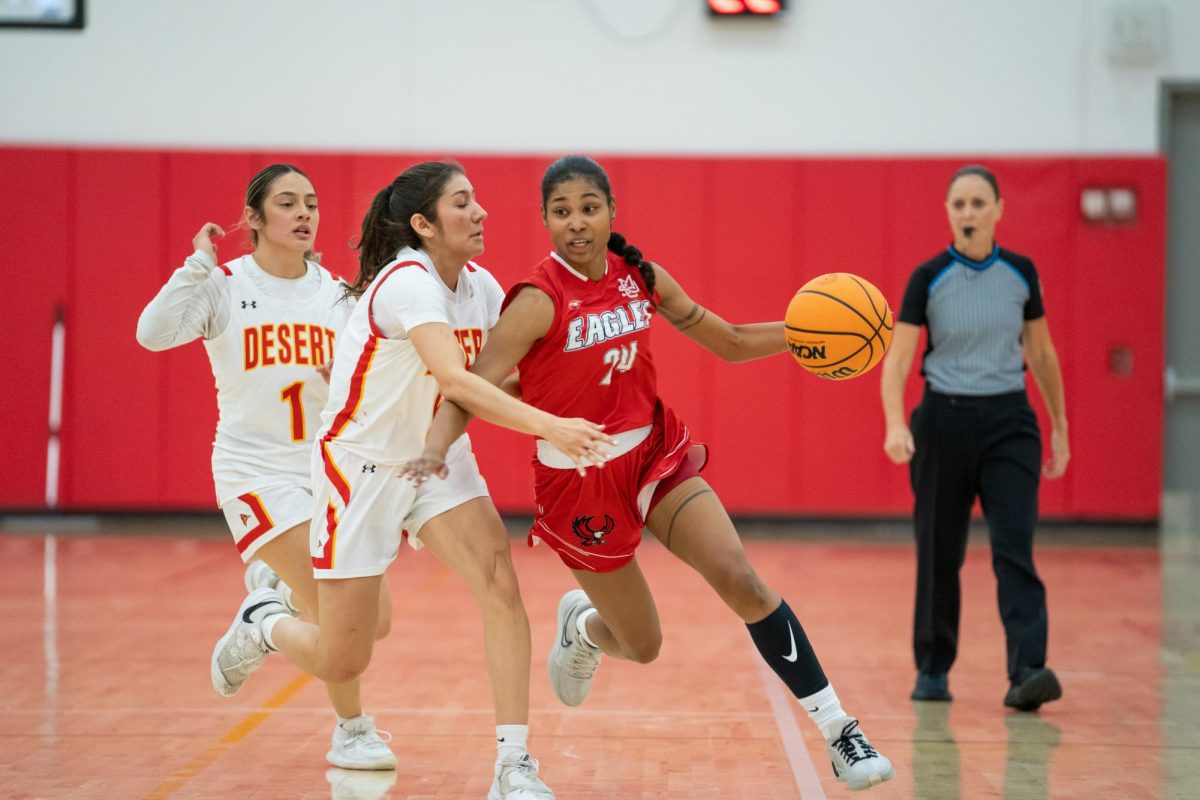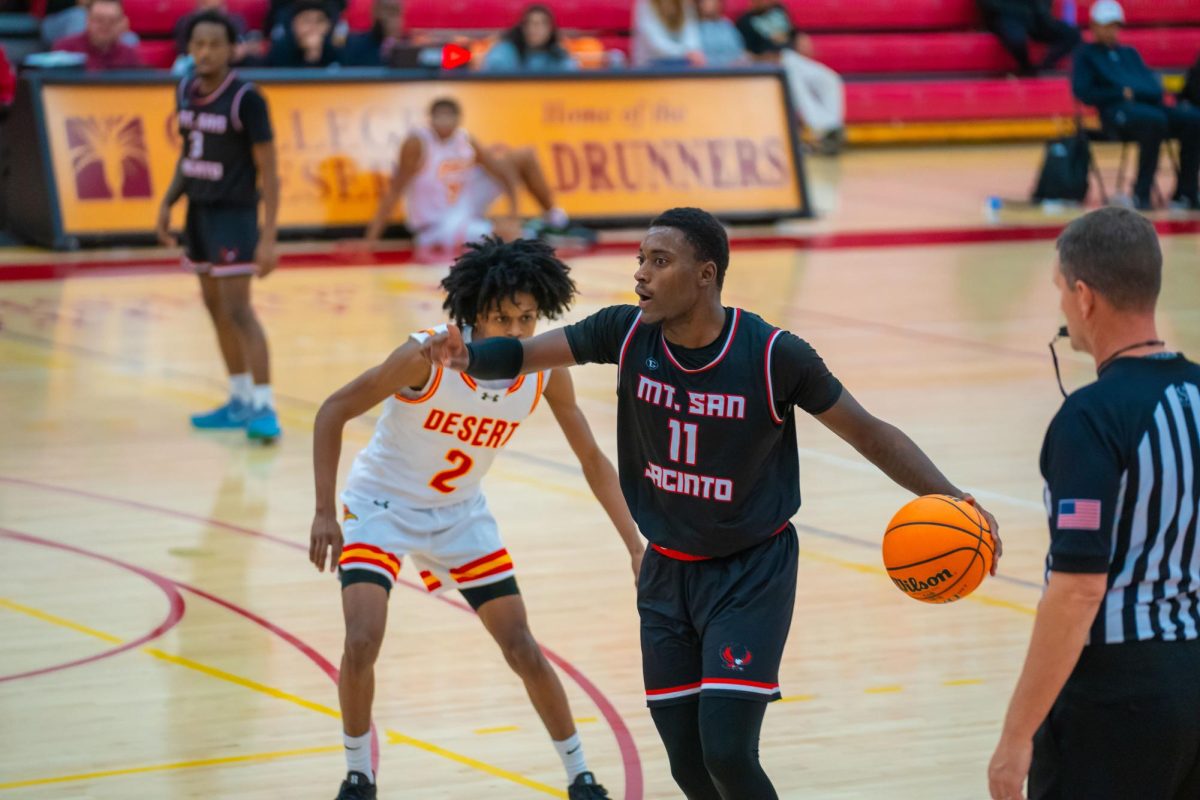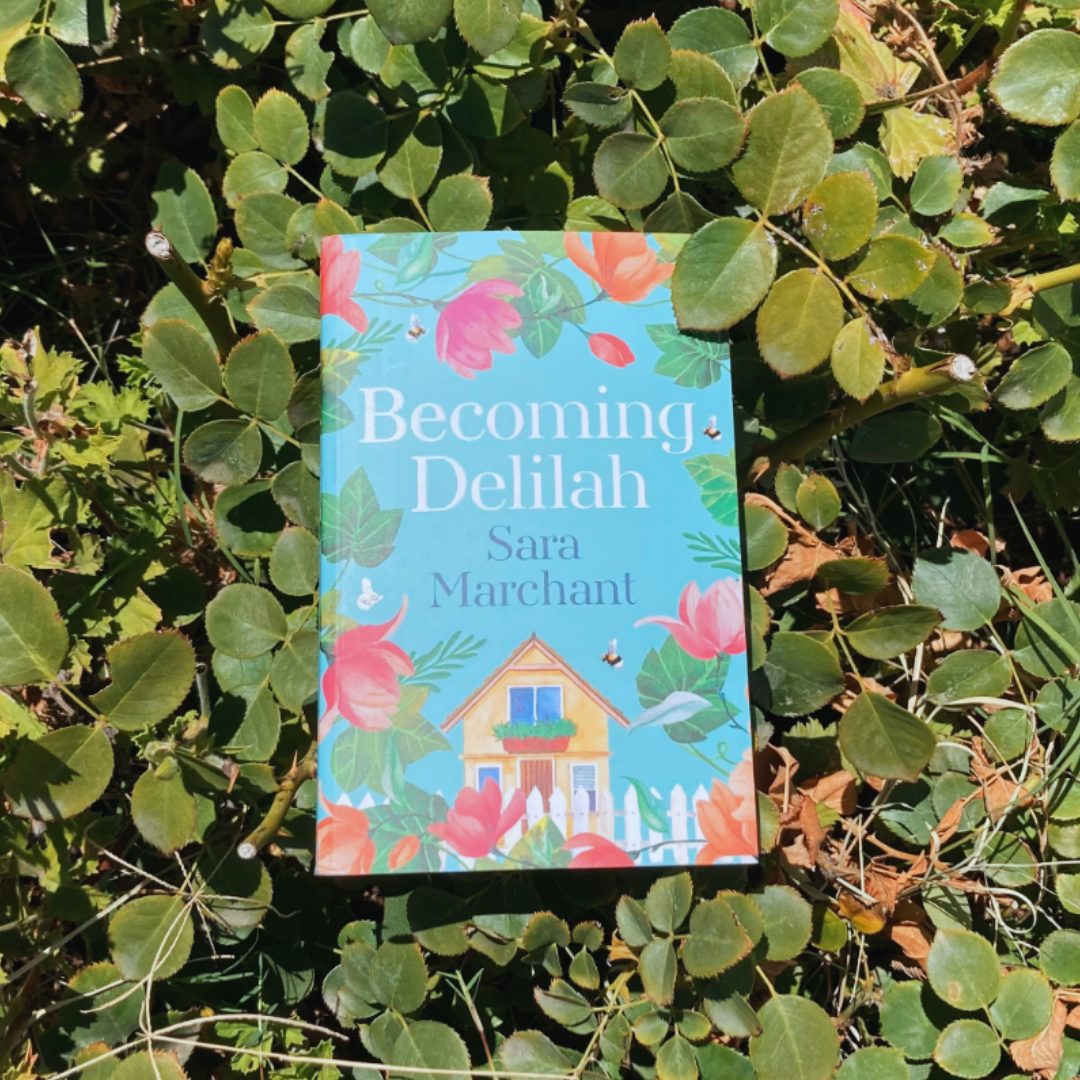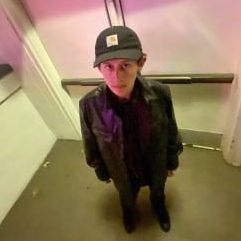Becoming Delilah came out on August 15th. The author suggests buying it at Bookshop. They give back to the community.
Book Description
On a windswept island off Cape Cod, Delilah moves into a cottage by the shore.
The neighbors watch the newcomer and wonder about her. They don’t like it when she plants a wild and colorful garden in the front yard – very unusual, they whisper. The local gossip intensifies with every visit from Alan, the married man paying for Delilah’s keep.
Delilah hasn’t always been Delilah. Once, she was Dolores, a young Latina girl growing up with her Abuela, both of them hiding a terrible secret. After years of living precariously, all she wants now is a place of her own to make beautiful. But life is about to get complicated again. Her new cottage shares a driveway with the reclusive Anton, who has a secret of his own. When the two meet, sparks fly – but will the past catch up with them?
Interview Transcript
Over the summer I’ve been reading a book titled Becoming Delilah. The main character is essentially two characters, The oldest version of herself, Delilah, and her younger counterpart, Dolores. The story follows these two through womanhood and self-exploration until they become the same person, Delilah.
In her story, she faces conflict while trying to figure out what she wants for herself, some challenges that come with being a woman (and a person of color), and dilemmas that could negatively affect her loved ones. While also enjoying the little things in life like gardening — But as I and Sara discussed, gardening is a much bigger part of her life — and friendship.
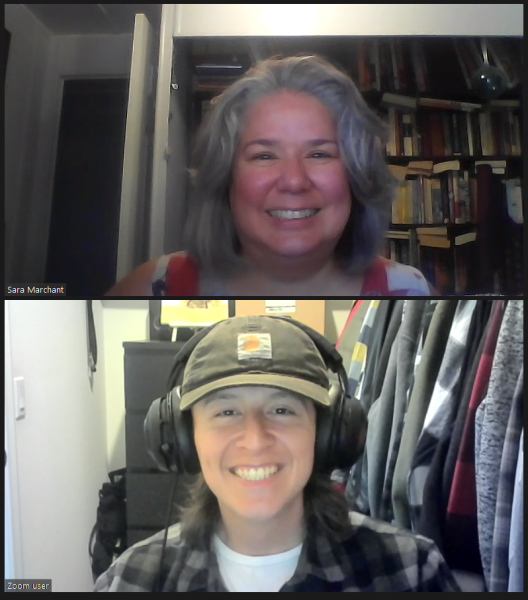
So today I’m speaking with the author, and former professor at MSJC, Sara Marchant, to give me a little insight on this world and a little bit of her thinking.
Canseco: So welcome to the interview! Thank you so much again for doing this with me. To start off I’d like to get to know you better. Where did you go to for college?
Marchant: Where did I go? First I went to a community college in San Diego County called Cuyamaca College. I did a lot of my credits and then transferred — to UCSD for my Bachelor’s degree in Latin American History. Then for graduate school, I went to UC Riverside, and I have my Masters in fine arts in Riverside.
Canseco: I can see you’ve made a couple of books before this one [Becoming Deliliah]. These are “Proof of Loss” and “The Driveway Has Two Sides”, which also feature a character named Delilah.
Marchant: Yes! “The Driveway Has Two Sides” was the novella that came before, but the publisher of Fairlight Cooks asked if I’d be interested in turning this into a novel. At first, I said no because at first, I was working at Mt. San Jacinto, so I was really busy, I was working there, I was teaching there, and I was teaching two classes at least. I also had another class at another college at the same time. And there was a lot going on with my family. But during the pandemic, suddenly I had no job and I finished the book I was writing during the pandemic, and I would contact Fairlight. Saying “Okay I’m ready to write that book now.”
Canseco: And this book would be “Becoming Delilah” Correct?
Marchant: Yes, this is “Becoming Delilah” right?
Canseco: Oh wow! This book had a lot more history and was originally titled, as the novella, “The Driveway Has Two Sides.”
Marchant: It’s two different books. It’s just that a novella is an “A” story, there’s not enough room for an “A” story and a “B” story. With a novel, you have a story with a “B” story and sometimes you have it with a “C” story. And then you have those really long books and you have the “D” story (Laughs).
Canseco: I never knew that. So another question, how long did it take you to create your first book?
Marchant: Very first?
Canseco: Yes. I know you have been on a couple of short stories looking through your page. I presume the first book would be “Proof of Lost?”
Marchant: I can’t remember if “Proof of Lost” was first or if “The Driveway Has Two Sides” was published first. No! You know “The Driveway Has Two Sides” was published first, Because I remember going to teach at your school (MSJC) and I was in class teaching and I got the email telling me that they were going to publish “Proof of Loss.” I was very excited, so I announced it in class and my students were so kind and excited. But “Proof of Loss” was written while I was in graduate school while getting my master’s degree. It wasn’t my thesis, that book has never been published because Everyone hates my first book (Laughs).
Canseco: Oh no! My goodness.
Marchant: Yeah I know it was so rude! But I did write that one first.
Canseco: So how long would that take?
Marchant: So that took three years while I was in graduate school and it’s a very slim book. But it was being written as I was living it because that’s a memoir, that’s non-fiction. So while I was living it I was writing that book, and it took a couple of years to get published because publishing takes forever.
Canseco: And I’m assuming you’re taking a lot of your life experiences and putting them into these books.
Marchant: Yeah, anytime I think you writing anything it’s all your life experiences. But I never lived on an island under an assumed identity. (Becoming Delilah premise)
Canseco: (Laughs) Yeah, I was about to say that would be a very interesting experience to go through and live through, What? Cape Cod Massachussets?
Marchant: Yes, it was Cape Cod, never lived in Arizona, Texas, my father didn’t kill my father.
Canseco: These were the key things that happened in the story.
Marchant: Yeah, I probably shouldn’t have given that away.
Canseco: Yeah, but it was on the very first chapter so theirs not much to spoil there.
Not only did you write books, but you were also the founding editor of an organization titled “Writers Resist.” Can you tell me more about this organization?
Marchant: It was an online literary magazine that we started three days after Trump was elected. It was entirely inspired by the election of Trump because there was a woman I went to graduate school with, Kit-Bacon Gressit, she was the only person I knew who was an activist. So I contacted her saying “I don’t know what to do. I’m really scared, I’m very upset. What should I do?” and she responded by saying “Do you want to start an online Literary magazine?” And I was like “Okay!”
Canseco: That’s really cool though! And it seems like you all went beyond Trump’s term.
Marchant: Yes, we tried to stop after he was gone but the people didn’t want to stop, they wanted to keep putting more work into the magazine. So we were like “Okay I mean we’re still not real happy with the way things are” so there’s still a lot to resist.
Canseco: There is a lot to be done! That was really interesting, getting to know you and your work. But let’s get into this book “Becoming Delilah.” So to start off, what was the main inspiration for making this story? Like any books, authors, or people in your life?
Marchant: I don’t even know where the idea for this story came about. Like it was so long ago I don’t know how it popped into my head. I do know that when I was first writing it, I was playing with point of view a lot. So I was telling the same incident from everyone else’s point of view, but that got quickly boring. I don’t even think that’s noticeable anymore in the finished book but that was the emphasis.
Then someone asked me if I lived on an Island and I said “No.” I don’t even like Islands, they make me very claustrophobic. I went to Cornado which is off the coast of San Diego, or just close to San Diego. Anyways, when I was living in San Diego, a group of friends and I took the ferry to Cornado and we stayed there for a long weekend. But I was very nervous because if anything happens I’m doomed. I’m a terrible swimmer! So islands kind of freak me out. In order to get the feel of it, my husband likes to watch Jaws — He watches Jaws every other month — So that’s all I know about Islands, from Jaws.
Canseco: (Laughs) So you got your ideas from the movie Jaws and your experience from Cornado. What about your character Delilah, Was she based off of anyone?
Marchant: No, I did take a couple of my sister’s life experiences, for some things that happen in the book. But she told me she’d kill me if I ever mentioned which were true (Laughs). But she’s my older sister and so she’s a little scary. But it’s not my life, there are a couple of scenes that are directly from her life. And Abuela is not my mom.
Canseco: Which you heavily emphasize in the acknowledgments!
Marchant: Yes! She is not my mom. She makes me publicly state that every chance I get.
Canseco: I’m glad you mentioned it, I personally didn’t think about that connection when reading the book. Like I didn’t think twice if your dad killed your mom, that would’ve been insane!
Marchant: (Laughs) Nope! Thank goodness… Oh my bad the island isn’t called Cornado it was called Catalina!
Canseco:Oh yes, I’ve been there before!
Marchant: When you were on that island weren’t you a little bit like “How am I going to get off?”
Canseco: Yes, a little. Very first time on an Island and I was a tad bit worried. What would happen if the ships went off and never came back?
Marchant: Exactly, if all the ships left if the island caught on fire?
Canseco: It would’ve been the scare. So Dolores, Delilah’s younger self, is quiet, careful, and independent. We see her as a little girl who lived with her Abuela and we get to see her grow older until she is a young adult. She helps her abuela any chance she is around her and is very loyal to her, living by almost every word she says. Although she is quiet, she will say or do anything to get her way, even if it could mean getting in trouble. What does she represent to you?
Marchant: Dolores is pretty much her childhood. Her trauma response. She had an abusive father who ultimately killed the mother in front of them, so who does she have left? Her Abuela. If anything happens to Abuela that’s it. She’s alone, abandoned forever. So if you have one person in your life you going to do whatever it takes to keep that person happy, close to you, and take care of them as best as you can. That’s the thing that people don’t understand about children is that children are just as responsible they feel, for the adults in their lives, as the adults are for the children.
Canseco: That’s a very interesting way to look at responsibility. I’ve never thought about it like that, and throughout the story, when she is not around Abuela, she feels incredibly vulnerable. The world feels very hostile toward her.
Marchant: And Abuela is constantly reiterating that too. She constantly says nothing is safe here, you’re not safe here, and we need to get you out of this town so that you can be safe.
Canseco: For good reason too. Some of the men and people in this world, how do I word this, seem very creepy.
Marchant: (Laughs) They are. Yes, thank you I tried to put that in there.
Canseco: So would you say that this is what a young girl may experience in the real world?
Marchant: I hope so. That’s what I tried to do. Particularly, it’s not set now, where we do have at least a few options, but it’s set when my mother and sisters were young.
Canseco: (laughs) Really?
Marchant: Yeah, that’s why I took things that happened to my sister and put them here. Because [In the story] the things that happened with the guidance counselor, nowadays, if you were being sexually harassed by your guidance counselor, you have a few options you can go to. Back then, there was nothing.
Canseco: So it did take place a while ago, but a lot of these things could still happen today. As you said, there is still a lot to resist.
Marchant: Yes, there is a lot of work to be done.
Canseco: On the contrary, there is Delilah who is outgoing, a little awkward sometimes times, but most importantly a hard worker. She had just moved to this cottage that her boyfriend had given her and had to manage on her own. She gets strange looks from time to time, as a new resident, but lives a sufficient life on the island, gardening, cleaning, going on runs, and talking to friends and strangers from the store. In your own words, what does Delilah represent to you?
Marchant: Delilah is entirely self-created, even her name isn’t hers, she gave it to herself when she was trying to escape the trauma of her childhood. So she is completely self-created she thinks, because really what are we as people except the sum of our experiences and the way we were raised. That’s what I tried to show, she thinks she’s one way, but really, no one is an island to themselves. She is the sum of her experiences as well as the person she created.
Canseco: Yes because Dolores led up to Delilah. What I found very interesting was the way she turned out, because Delilah is much more open and outgoing than her former. What does that mean to you?
Marchant: Well for one, she’s no longer in the town that she was told, over and over again, you’re never going to be safe here. Right the first thing she did when Abuela died was get on a bus and get out of town so she could feel safe because if you were told that you never going to be safe here by everyone, including your loved one, you never going to feel safe. You can’t really be who you want to be if you are constantly in a state of anxiety. So she puts herself in a situation where she thinks she’s safe because she has an older rich man help her out buying her cottages. But even then she slowly realizes “Oh hey, I’m pretty vulnerable here. Even though I’m this new person.”
Canseco: Exactly, and as you said before, she is the sum of her past. So I wanted to now examine Abuela. She is a wise old lady who couldn’t speak much English, so she was kind of bound to Dolores. She did everything she could to keep Dolores alive and responsible, preparing her for the harsh world. She lives in the heads of Dolores and Delilah with every decision they make. What’s your takeaway from some of the things she’s told to Delilah and Dolores? For example, I can’t find the quote anywhere, but goes along the lines of “Even the devil can recite the bible.”
Marchant: That “Even the devil can recite the scripture?”
Canseco: Just her guidance in general. Do you think there is some justification for it?
Marchant: It’s just another way of saying don’t trust authority. That’s what Abuela was trying to tell her, just like when she says don’t ever go to a man in uniform for help. I mean my mom told me that when I was little. My mom was born in 1940 and she is a jew. She lived in Colorado all of her life but her mother told her you don’t go to a man in uniform for help. So my mom told us not to go to a man in uniform. I mean, Dolores’ dad was a cop in a small town. He was beating her mother and everyone knew it. But no one did nothing even after he killed her. They helped him get away. So yeah, Abuela says don’t trust anyone, but more particularly people in authority.
Canseco: That is totally justified. But would you say that Abuela scared Dolores a little too much?
Marchant: (Laughs) Abuela was hardcore paranoid. She needed therapy in the worst way. But she wasn’t going to get any, because they didn’t have any. So she did her level best, with her own experiences, to keep this child safe, when she failed her other child. So she wasn’t going to fail this one. So heck yeah she was over the top, but it’s justifiable and understandable.
Canseco: So what I found very interesting was that Delilah and Abuela were Spanish speakers. How do I word this, what were the Spanish influences in this book?
Marchant: Do you want to know if I am too? (Hispanic/Latinx)
Canseco: (Laughs) Yes, I can’t seem to word this in a formal way.
Marchant: So my dad was Mexican and my mom was Jewish.
Canseco: Oh, so that’s who you came to when writing this?
Marchant: So he died when I was four and so I can remember a male voice speaking Spanish to me but I can’t really remember him. But I was around my abuela and my father’s brothers and sisters until I was 15 when I moved away. I grew up in El Centro, so I did grow up in a Mexican community.
(Laughs) I noticed you were so careful to try to ask me.
Canseco: Ah! I’m very sorry about that. This was a question I decided to add right now to my document. I wanted to be open-minded and try to ask very lightly, just in case you weren’t Hispanic or Latinx. I’m Hispanic too and I like to see Spanish inspiration in a story here and there.
Marchant: Inspiration is one thing, but appropriation is an entirely different thing. And I’m used to people asking me “What are you?” But I had a picture from when I was a teenager and I was wearing a baile folklórico costume, and this white woman from the internet was like “Oh you shouldn’t be wearing that outfit. That’s cultural appropriation.” I was like, “Um, you can’t appropriate your own culture, but thanks.”
Canseco: That happens to me a bit too, people think I’m French.
Marchant: Really?
Canseco: (Laughs) Yes, I’m actually Peruvian and Mexican. (Turns around) You can probably see my Peruvian flag- oh I don’t know where that went never mind. So to close off, I want to ask if there’s anyone you’d like to thank?
Marchant: Well, I’d like to thank you. You’re like the best interviewer I had so far.
Canseco: For real?!
Marchant: Yeah, your interview was so specific and your questions were really fine-tuned.
Canseco:Well, that is absolutely wonderful to hear. Especially for someone who is trying to be a writer. I love to expand my worldview.
Marchant: That’s what every writer has to do. It’s all about empathy and compassion when you’re a writer.
Canseco: And this also took, like what? I initially asked you in May.
Marchant: This was a long time ago.
Canseco: So yes I had to make sure it all went according to plan. Any other words for anyone who is trying to be an author themselves?
Marchant: Read as much as you can and try to get as many new experiences as you can. You can’t live a quiet little life in a corner, you got to get out there.
Canseco: When can this book be expected to be released?
Marchant: Well, it’s already out in the U.K. and it came out here on August 15th. You can order it now on Barnes and Noble, Amazon, and Bookshop. I prefer Bookshop because they give back to the community.
Canseco: Alright, any closing thoughts?
Marchant: Nope.
Canseco: Great. This is Gianluca Canseco with The Talon, interviewing Sara Marchant, and signing off.
Acknowledgments
I would like to thank the Talon Advisor, Dr.Weber, and the Associate Publicist, Bianca Maldonado, for both bringing this idea up to the Talon and helping me with information about the book and author.
I would like to thank Melissa Luna for getting me in further touch with the author by talking with her and getting the PDF copy of Becoming Delilah.
Finally, I would also like to thank the one and only Sara Marchant for allowing me to speak with her and being open to discussion. It has been an absolute dream for me to talk to an author. Especially to speak to an author whose book I really enjoyed!


